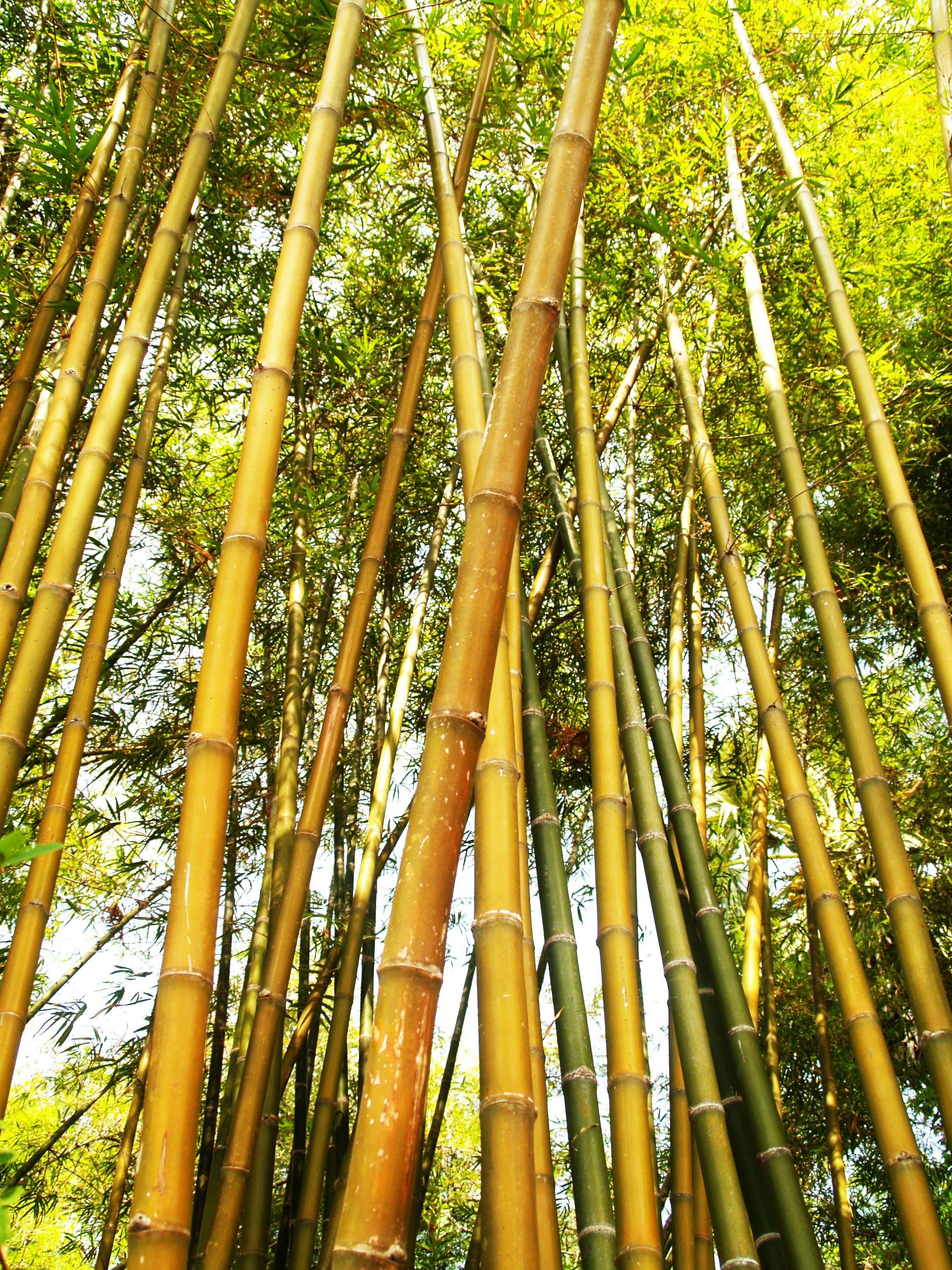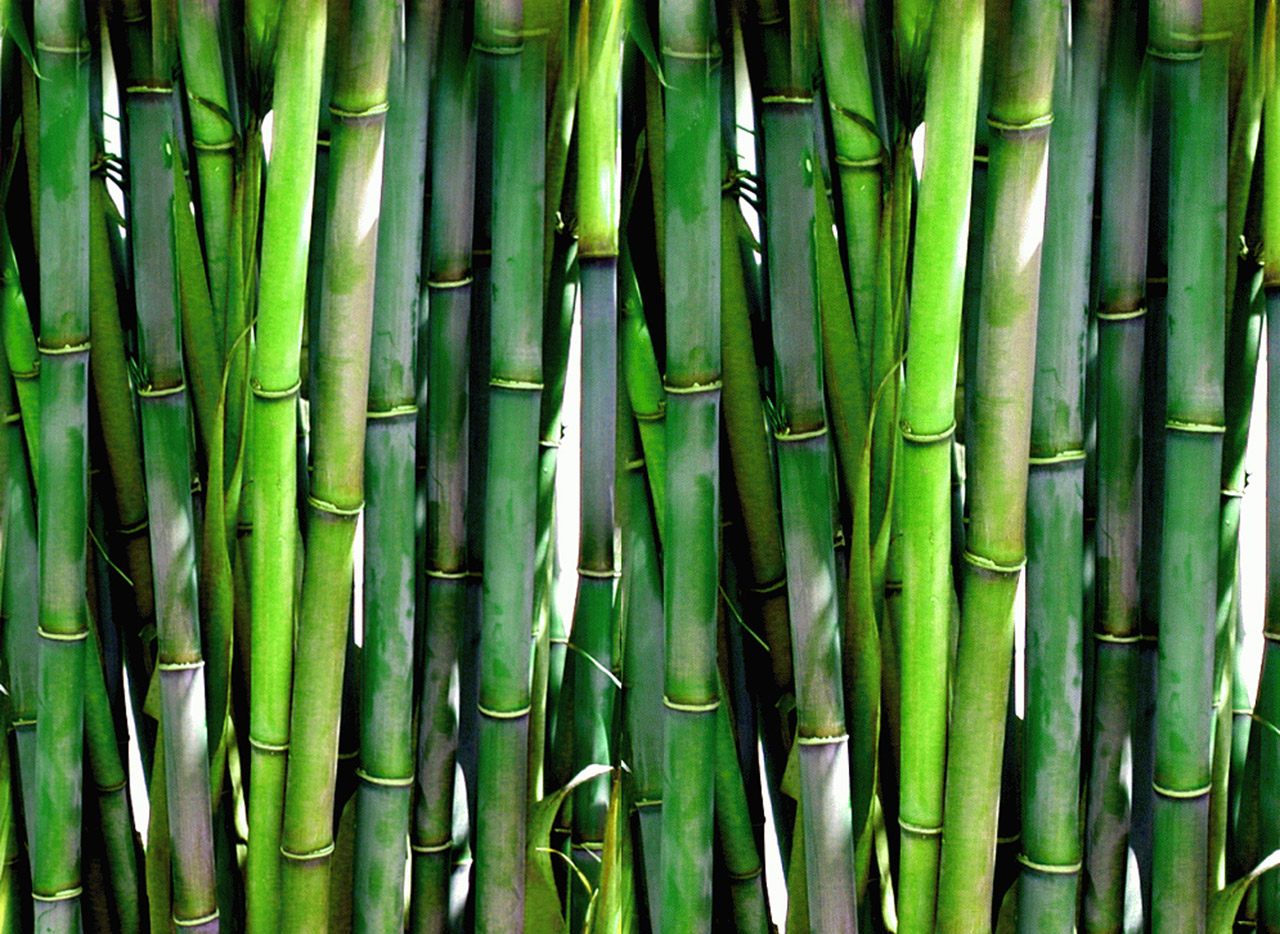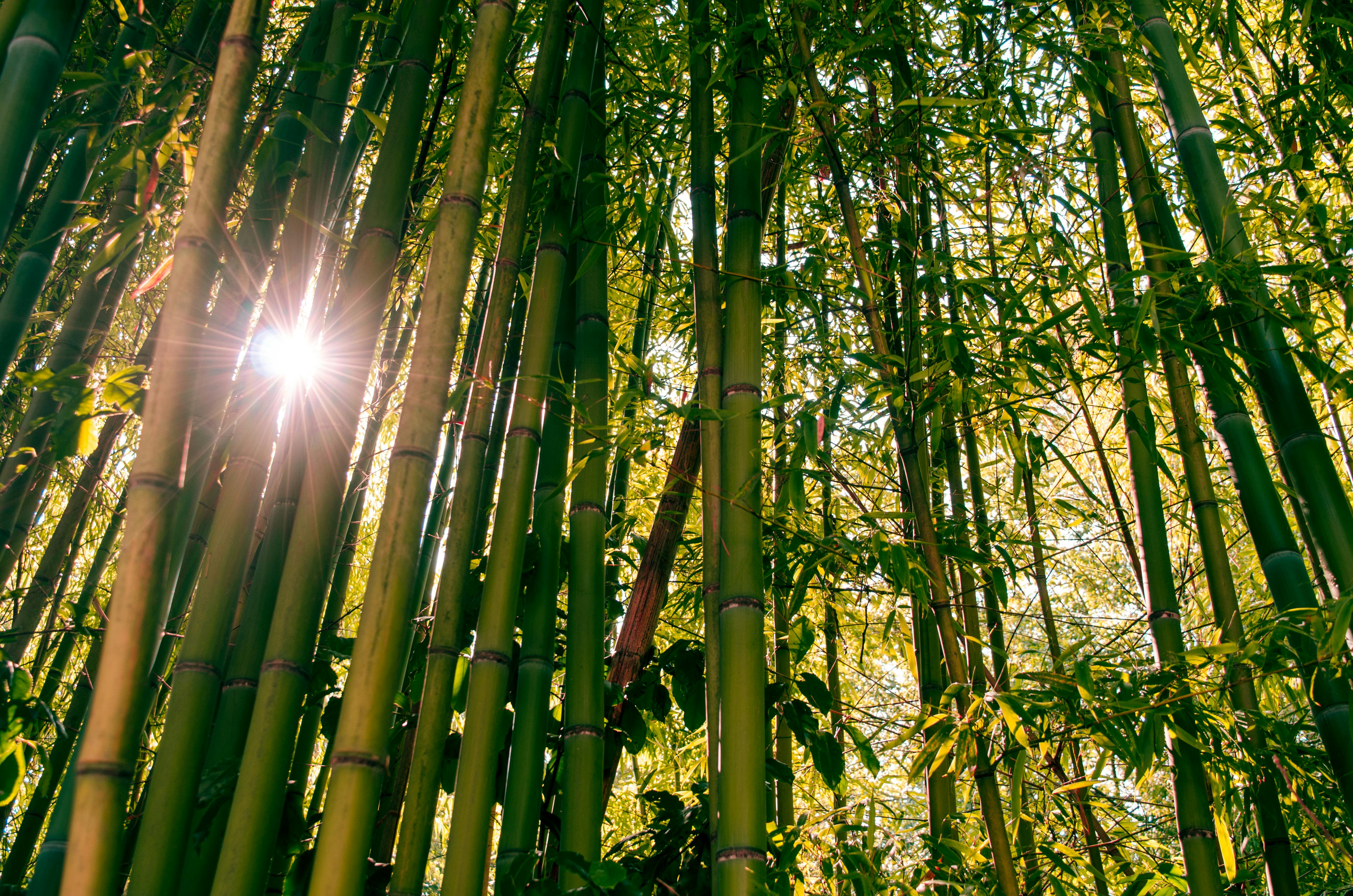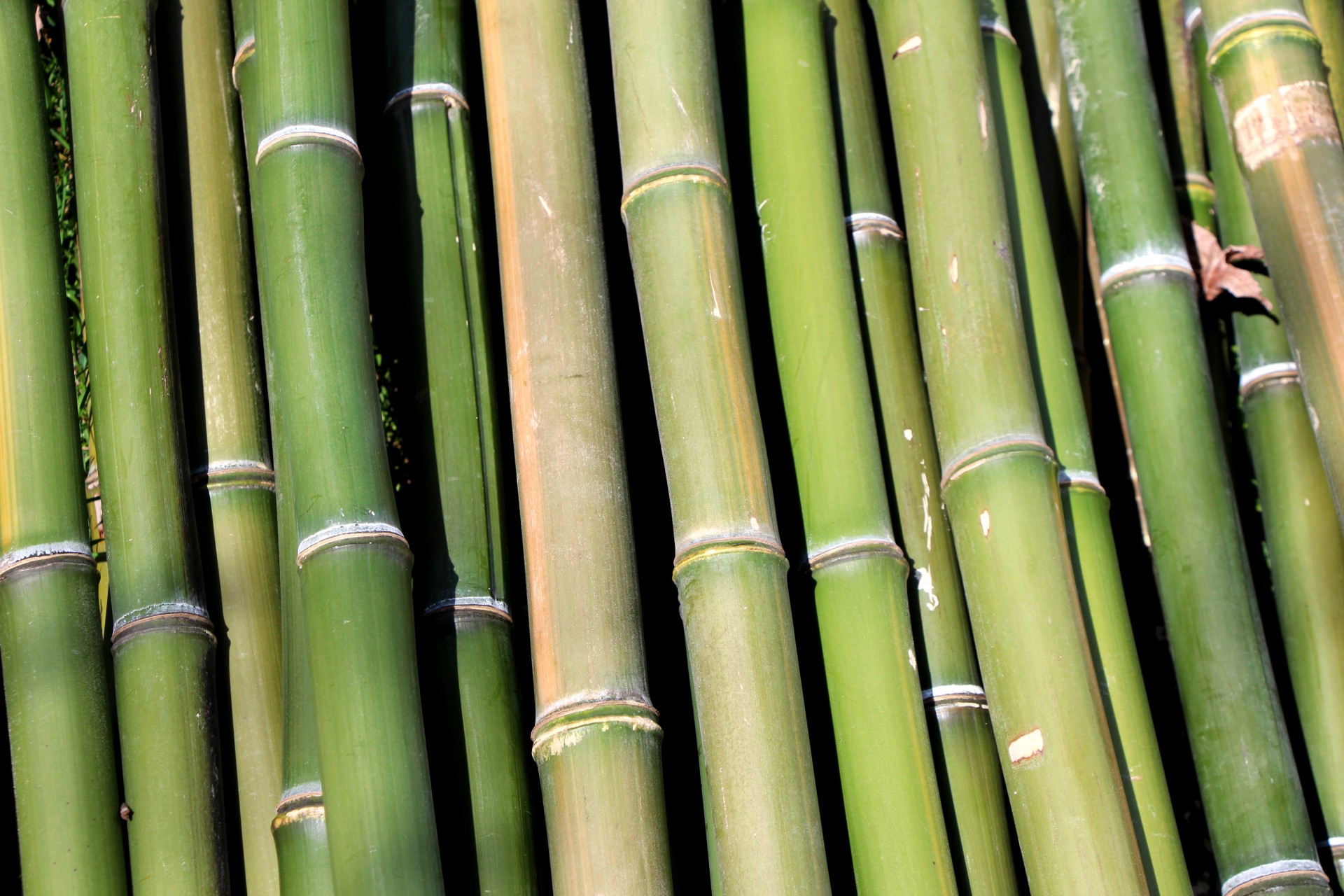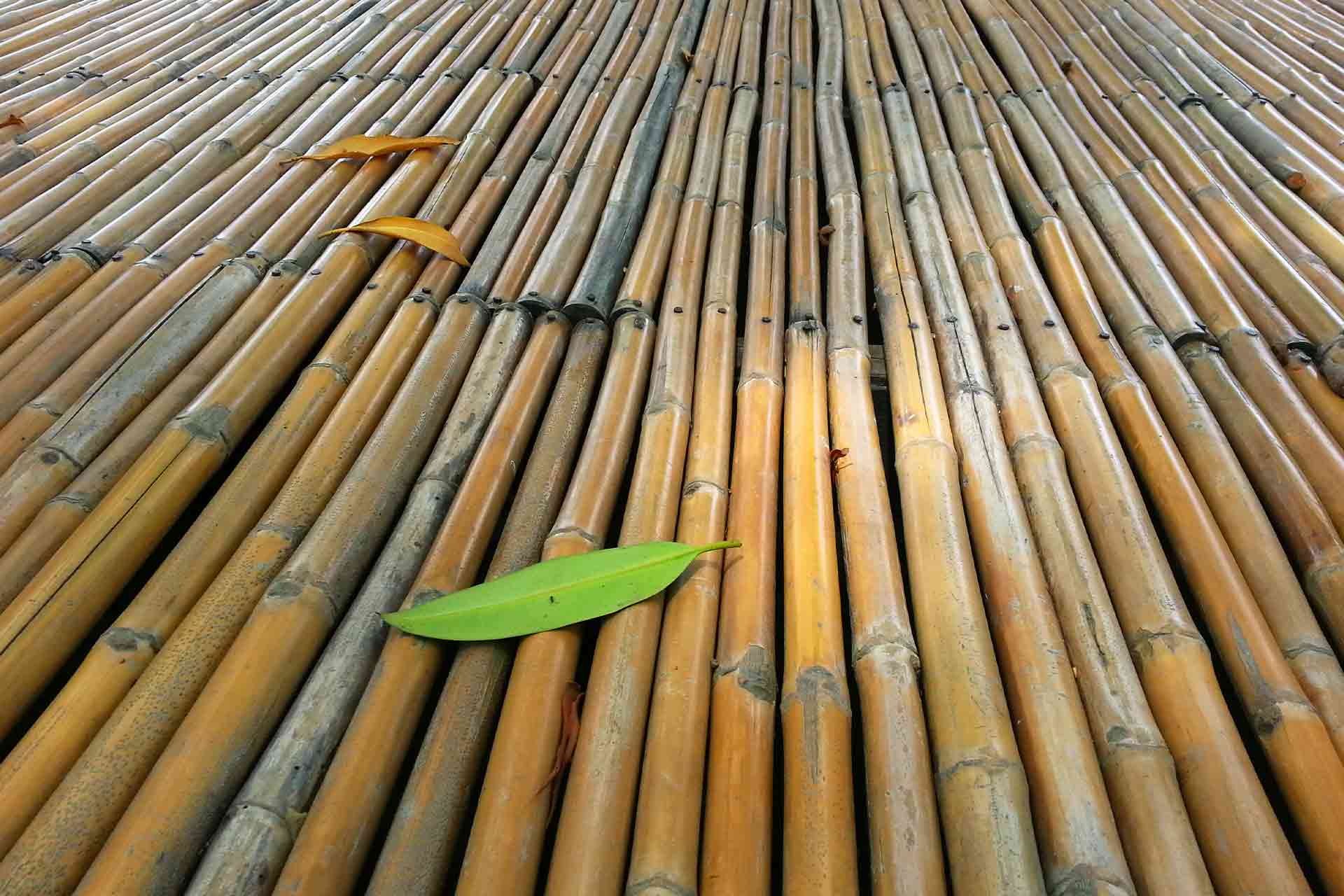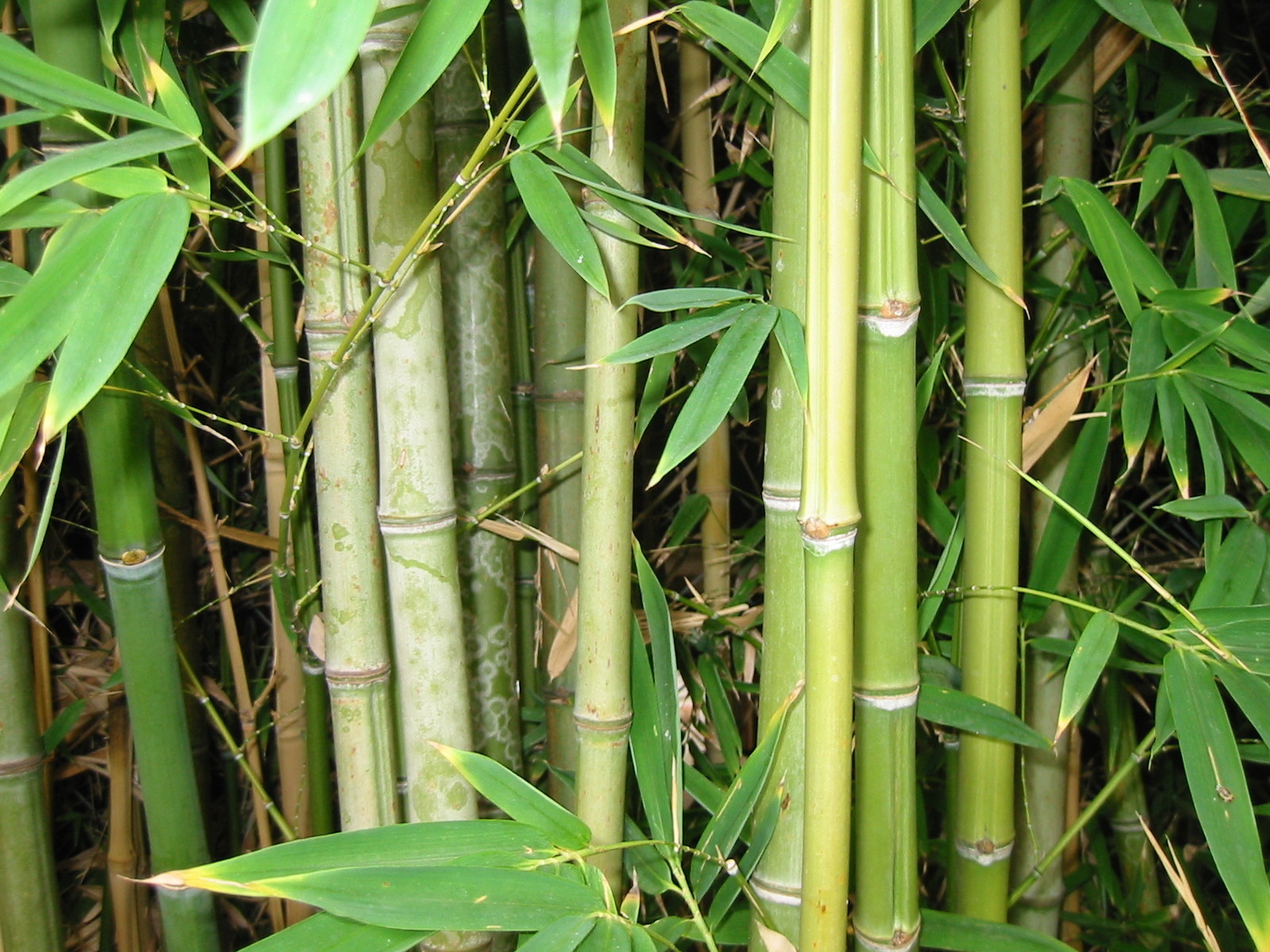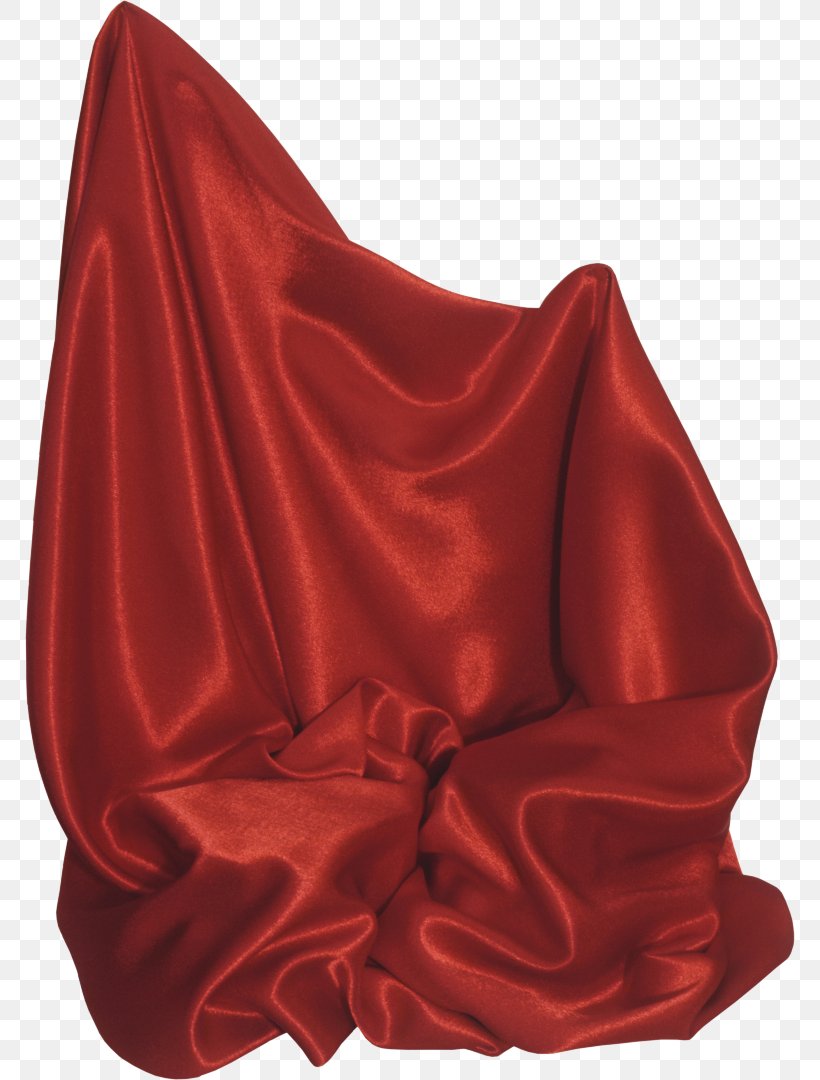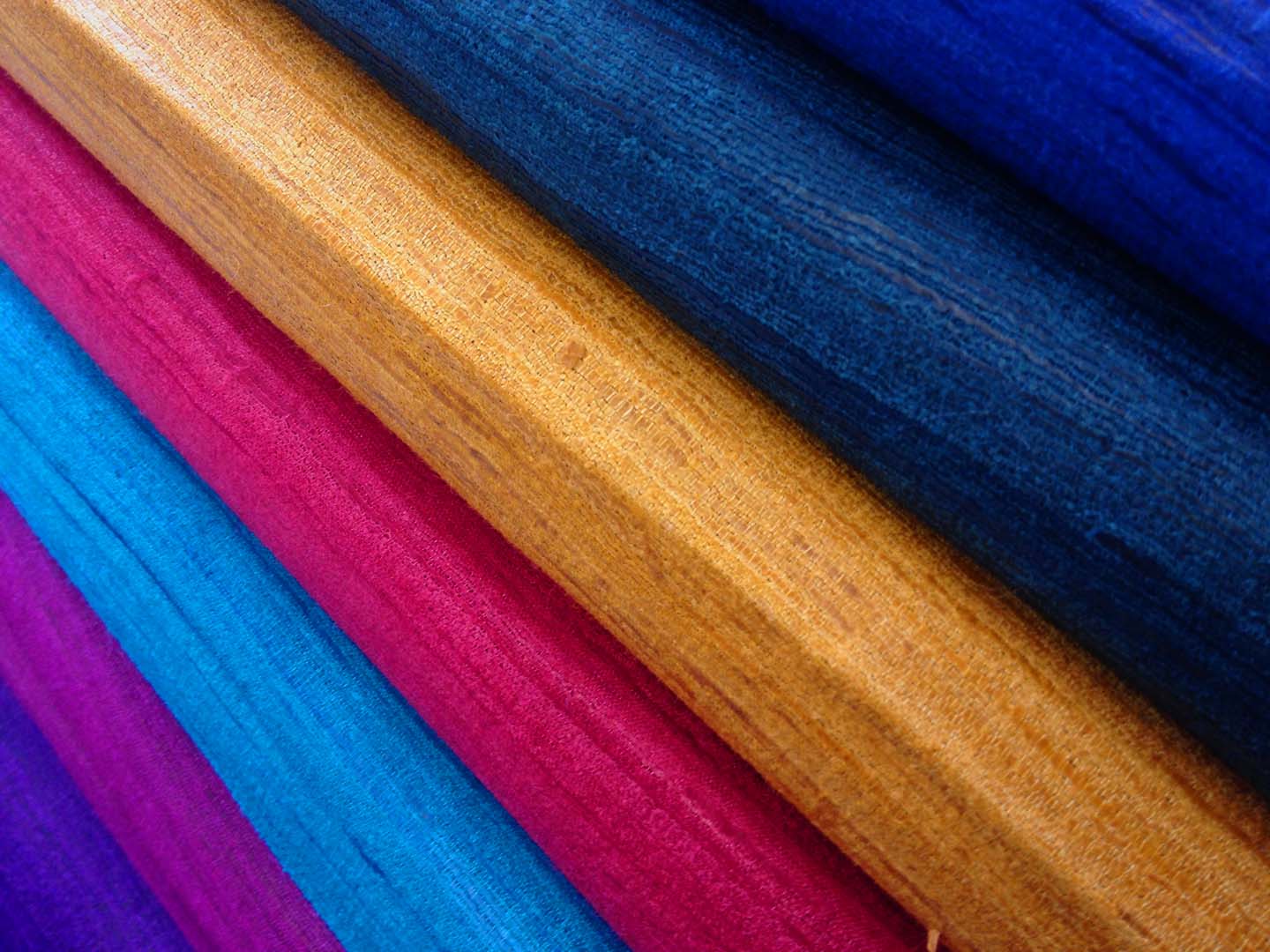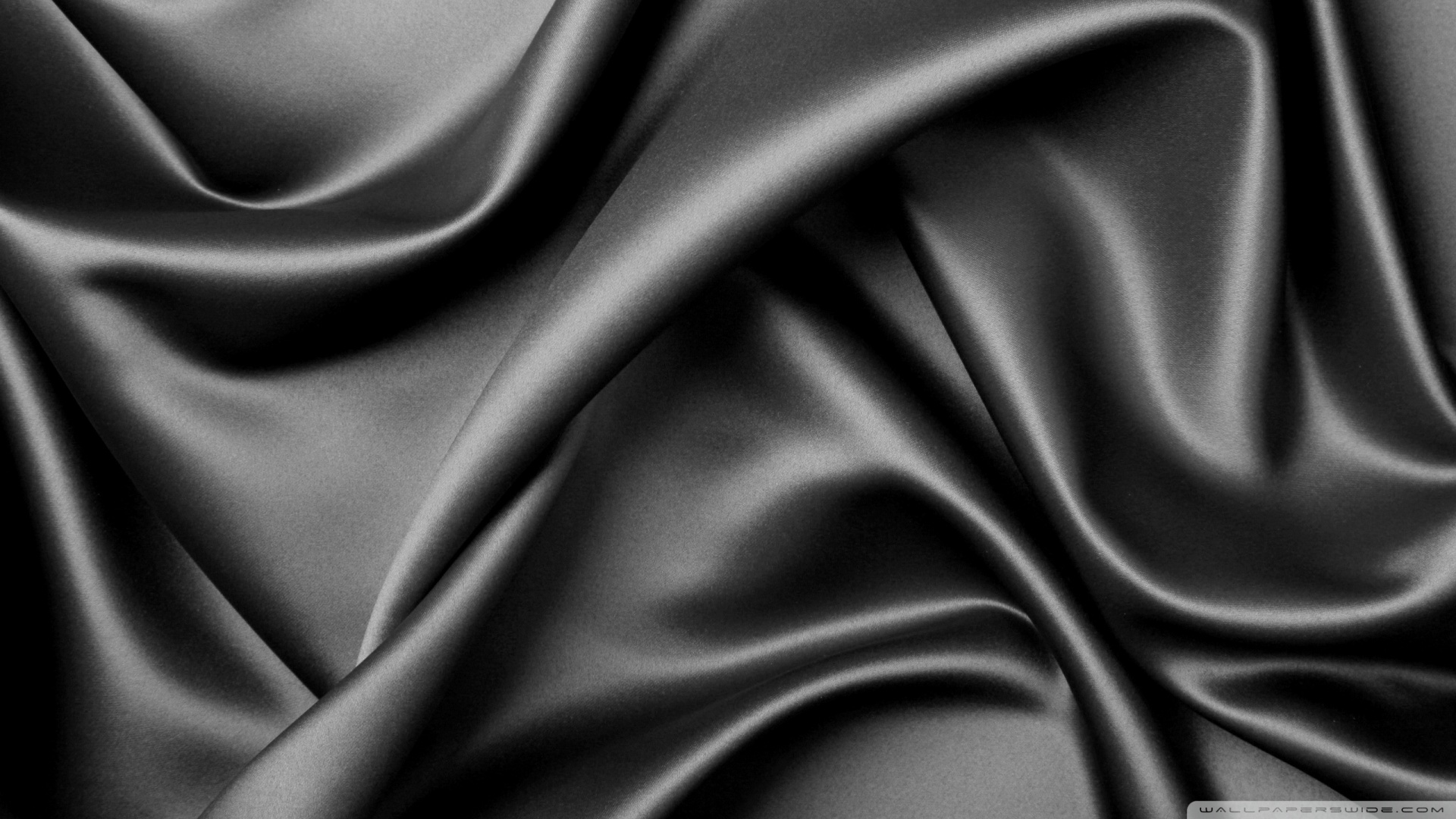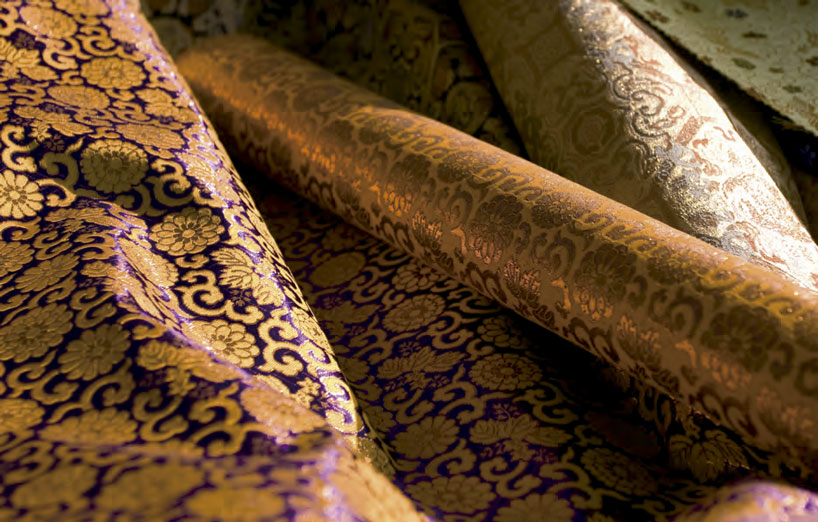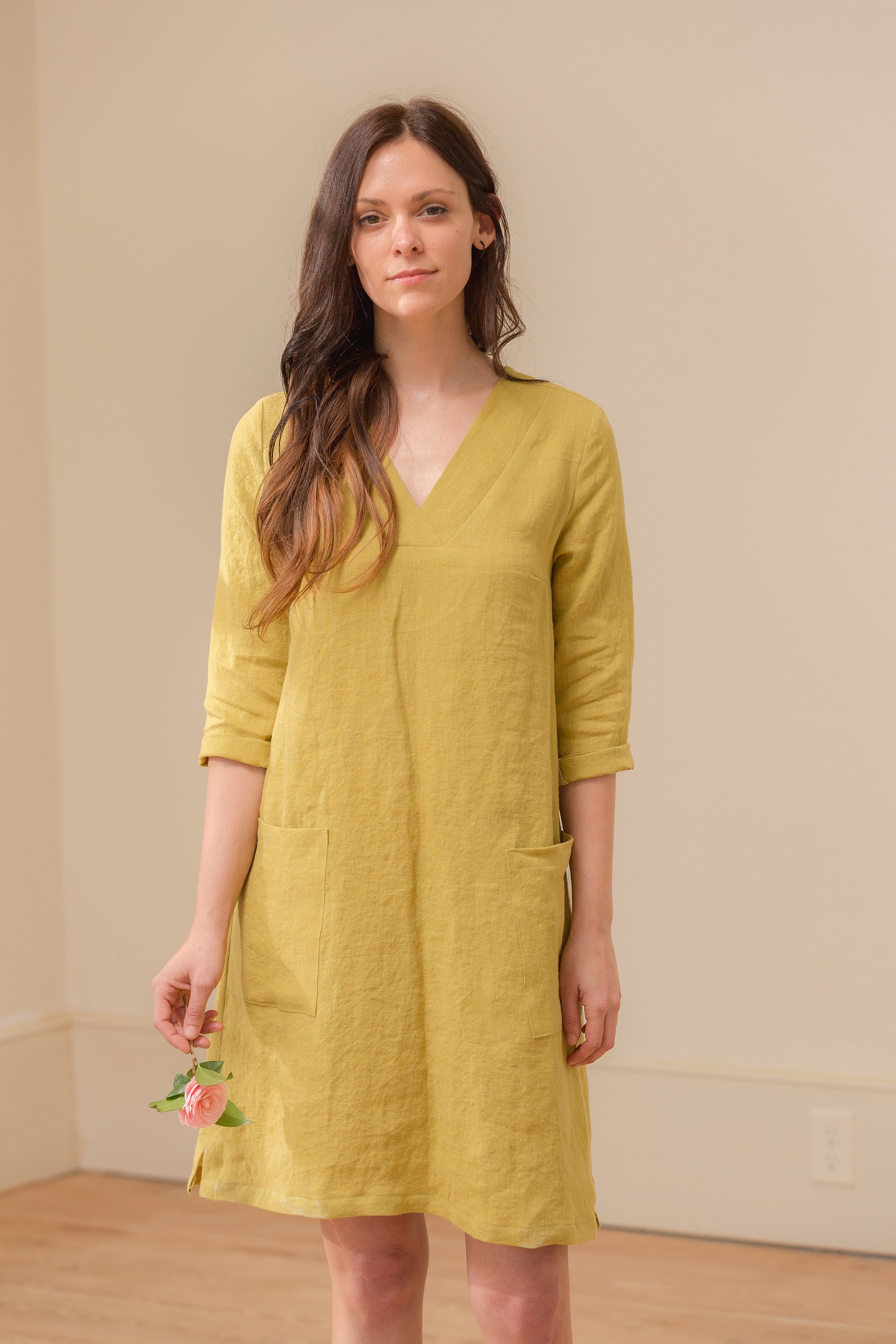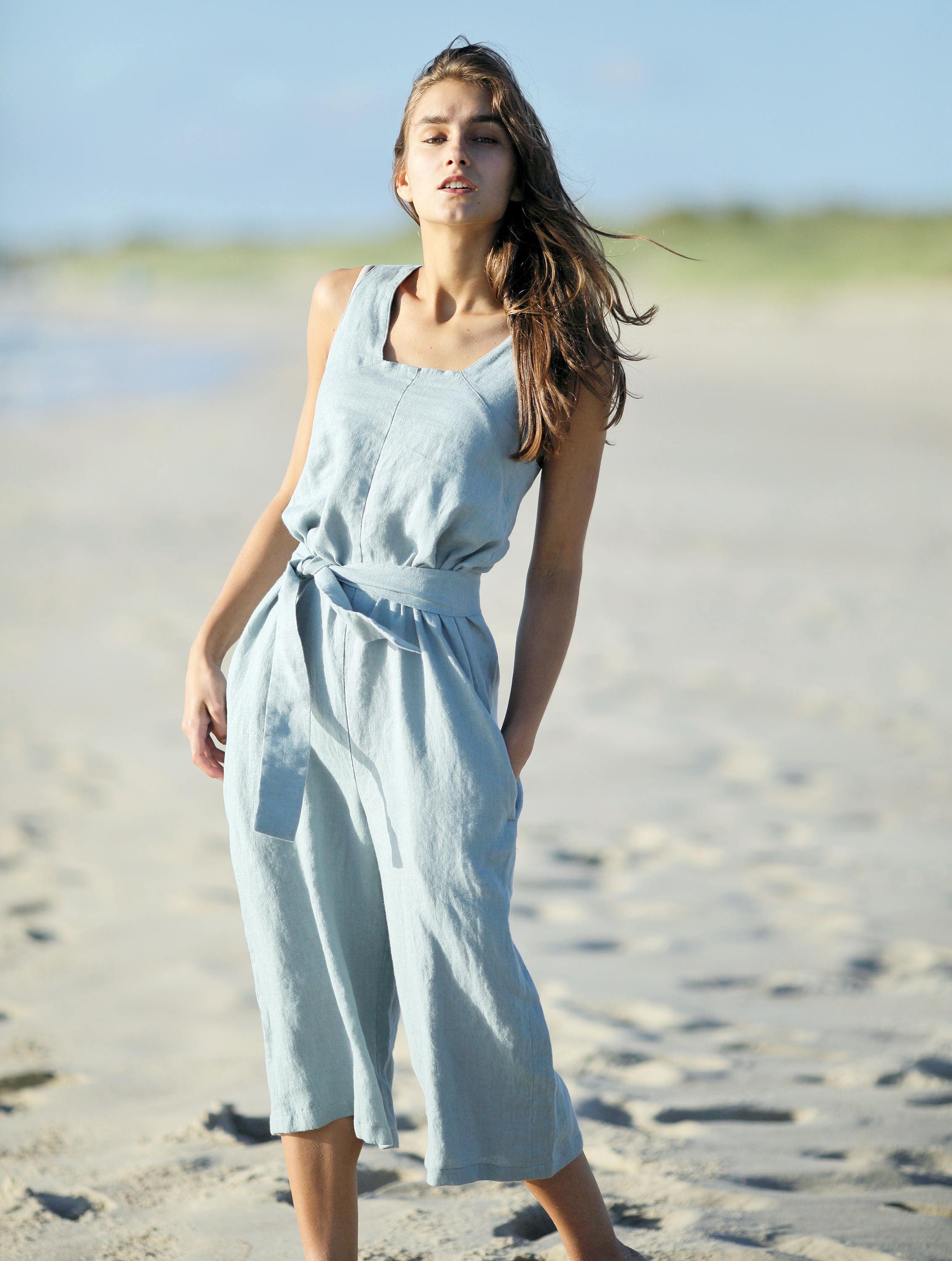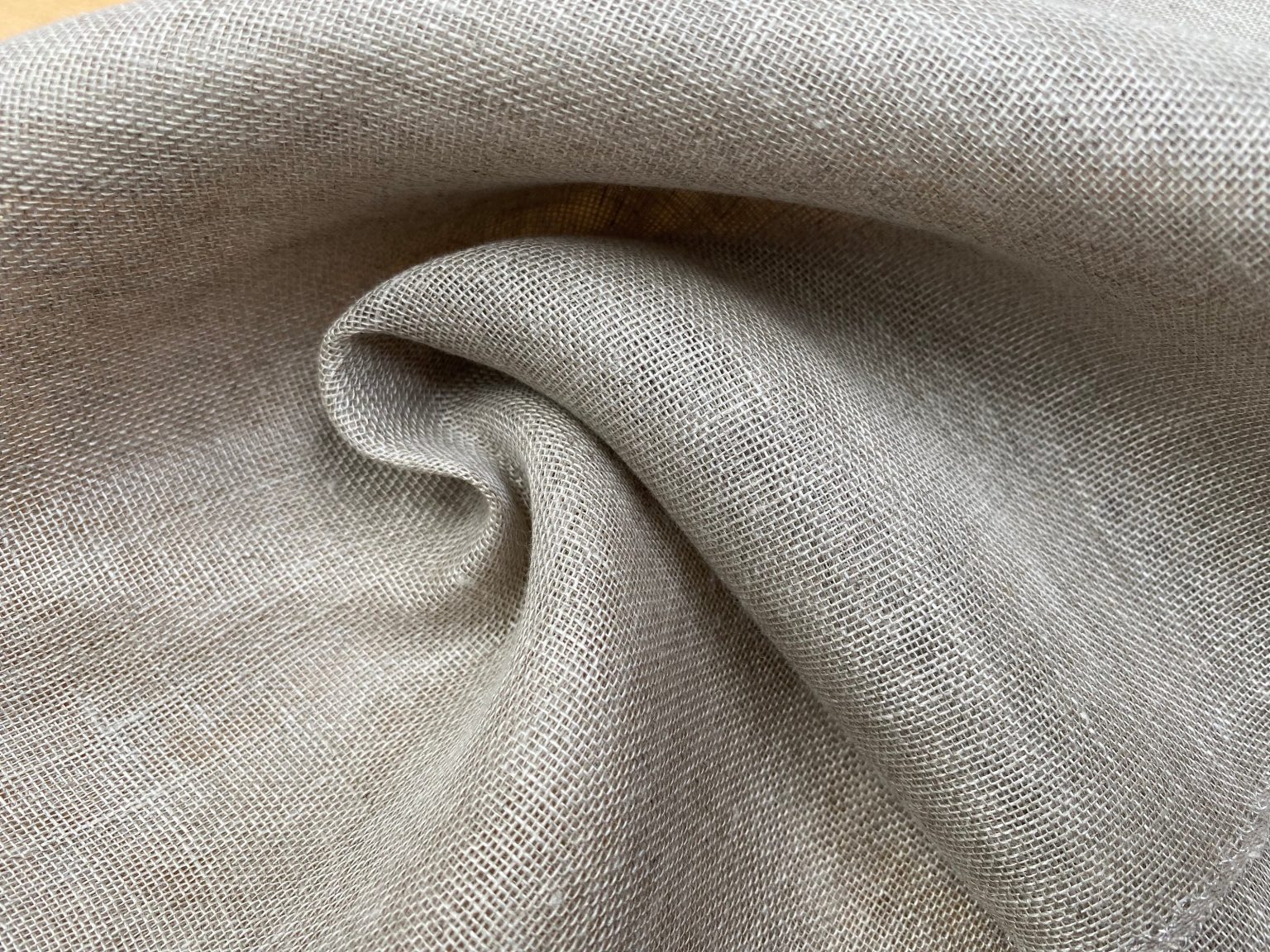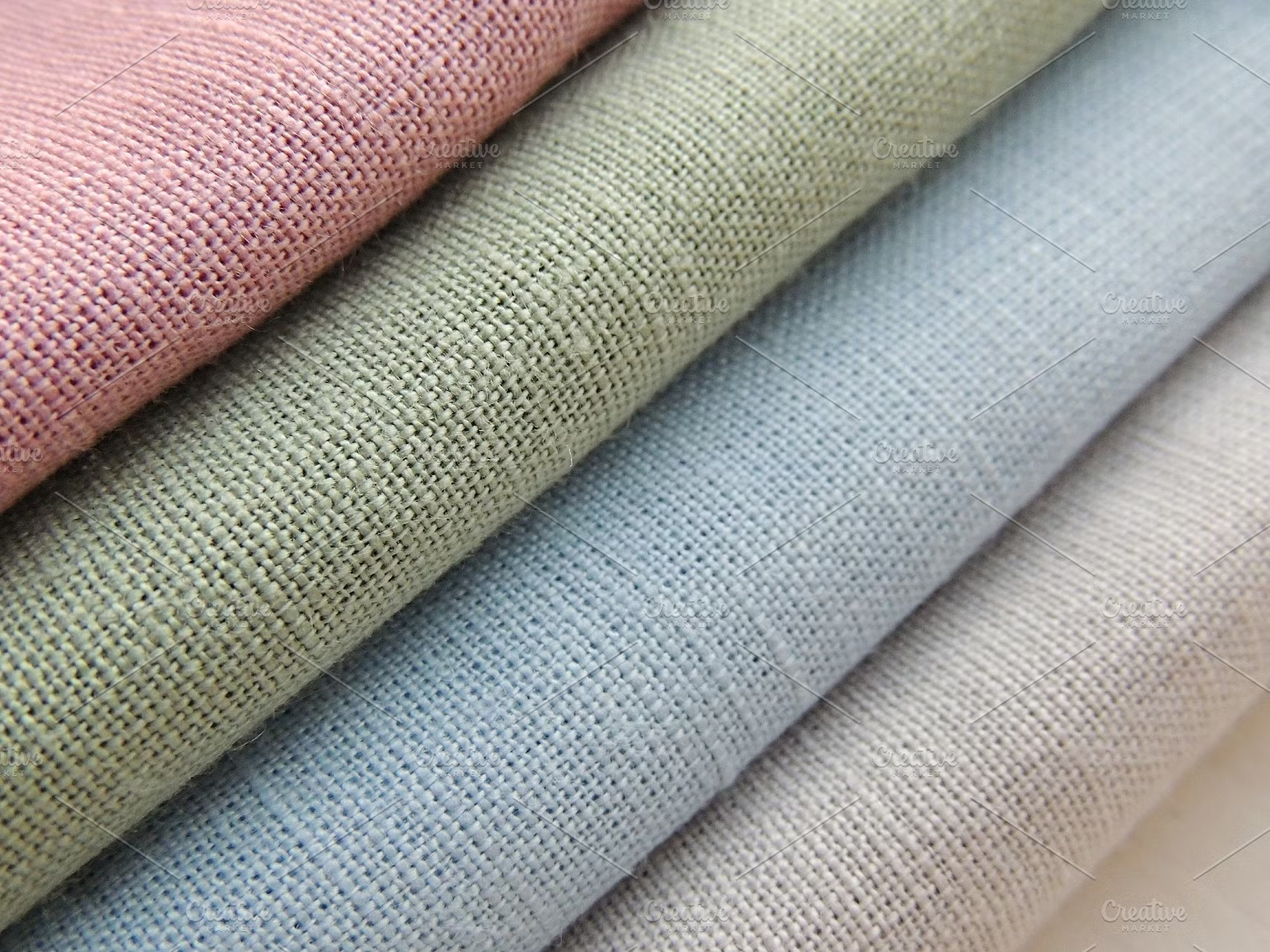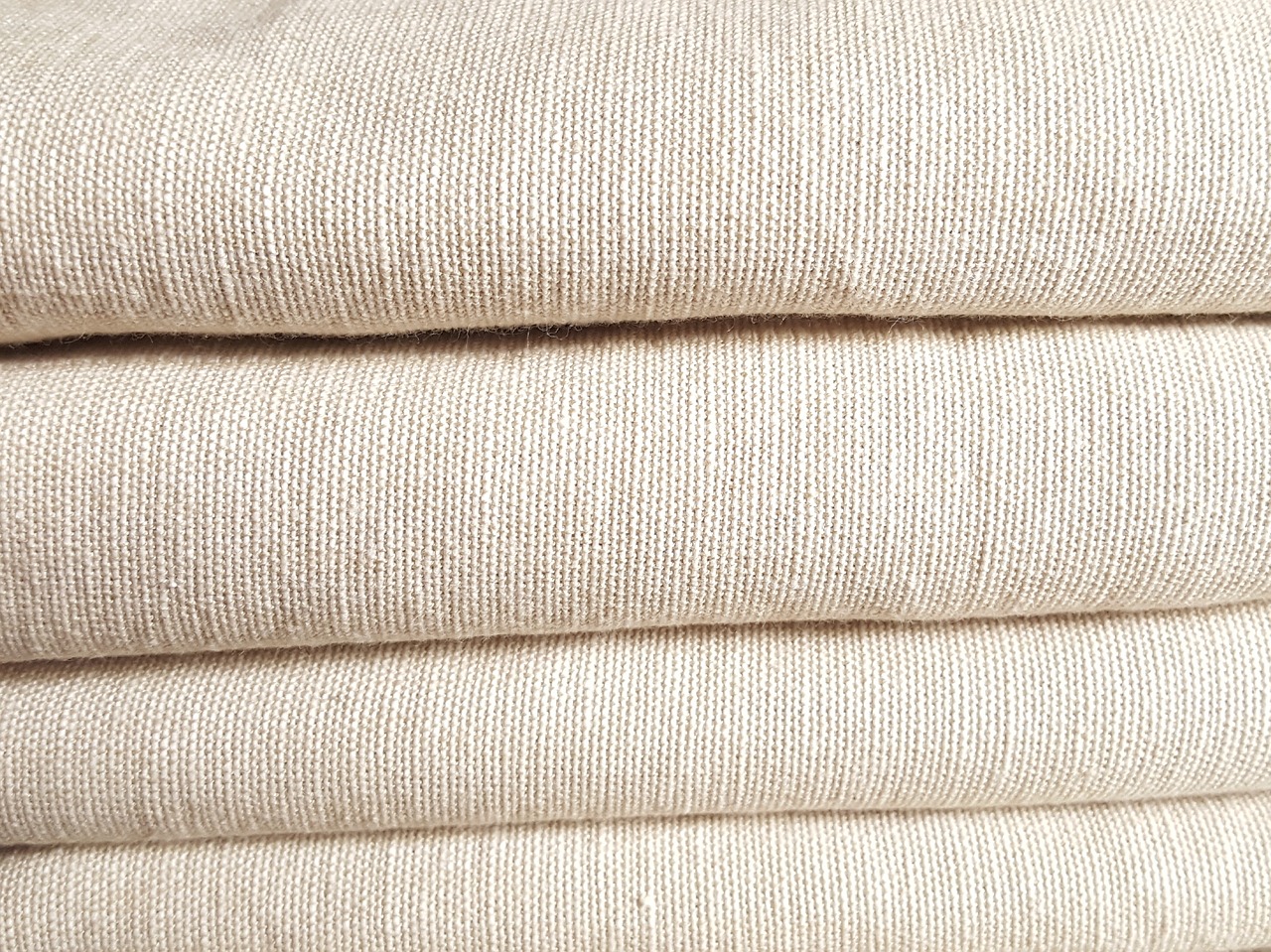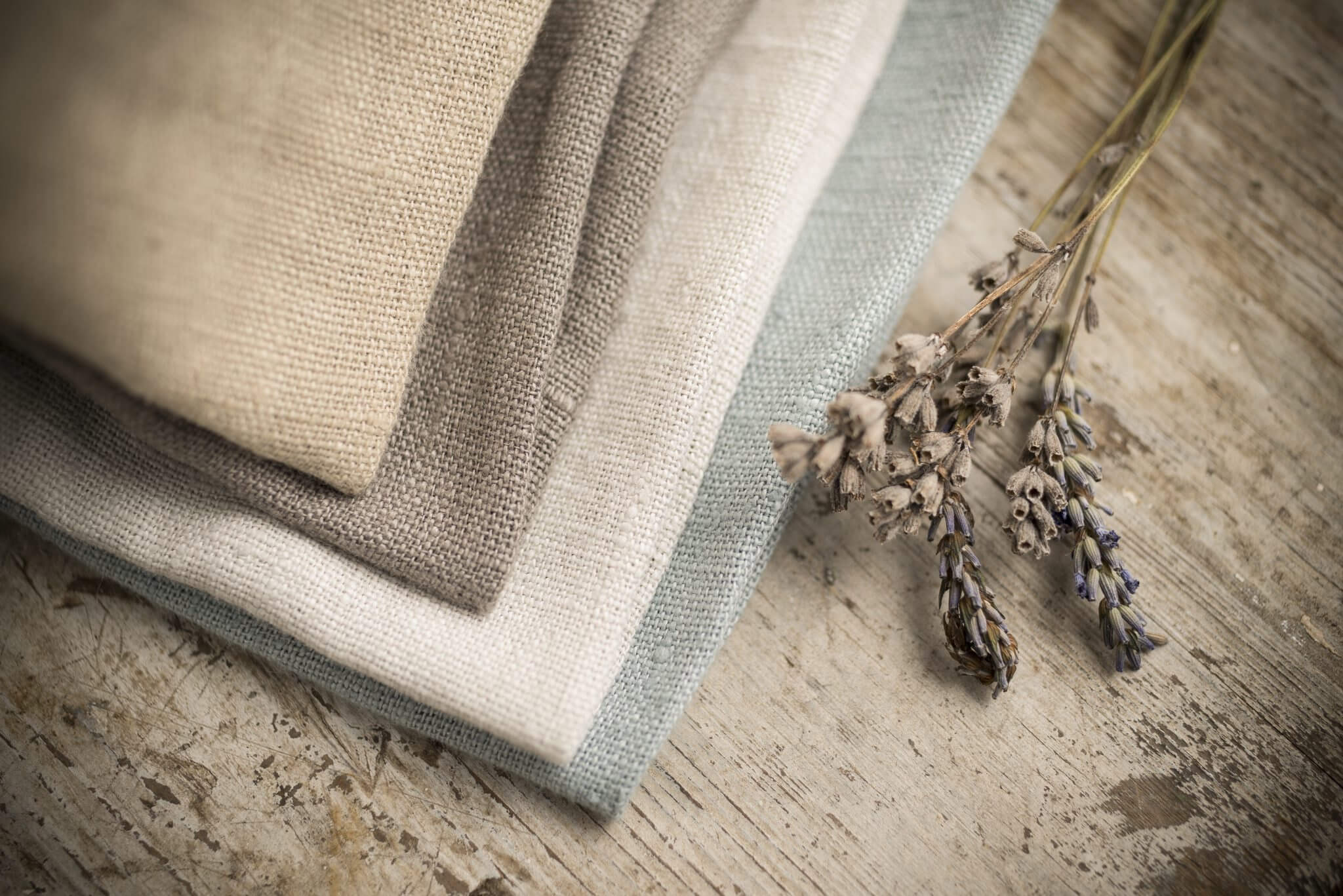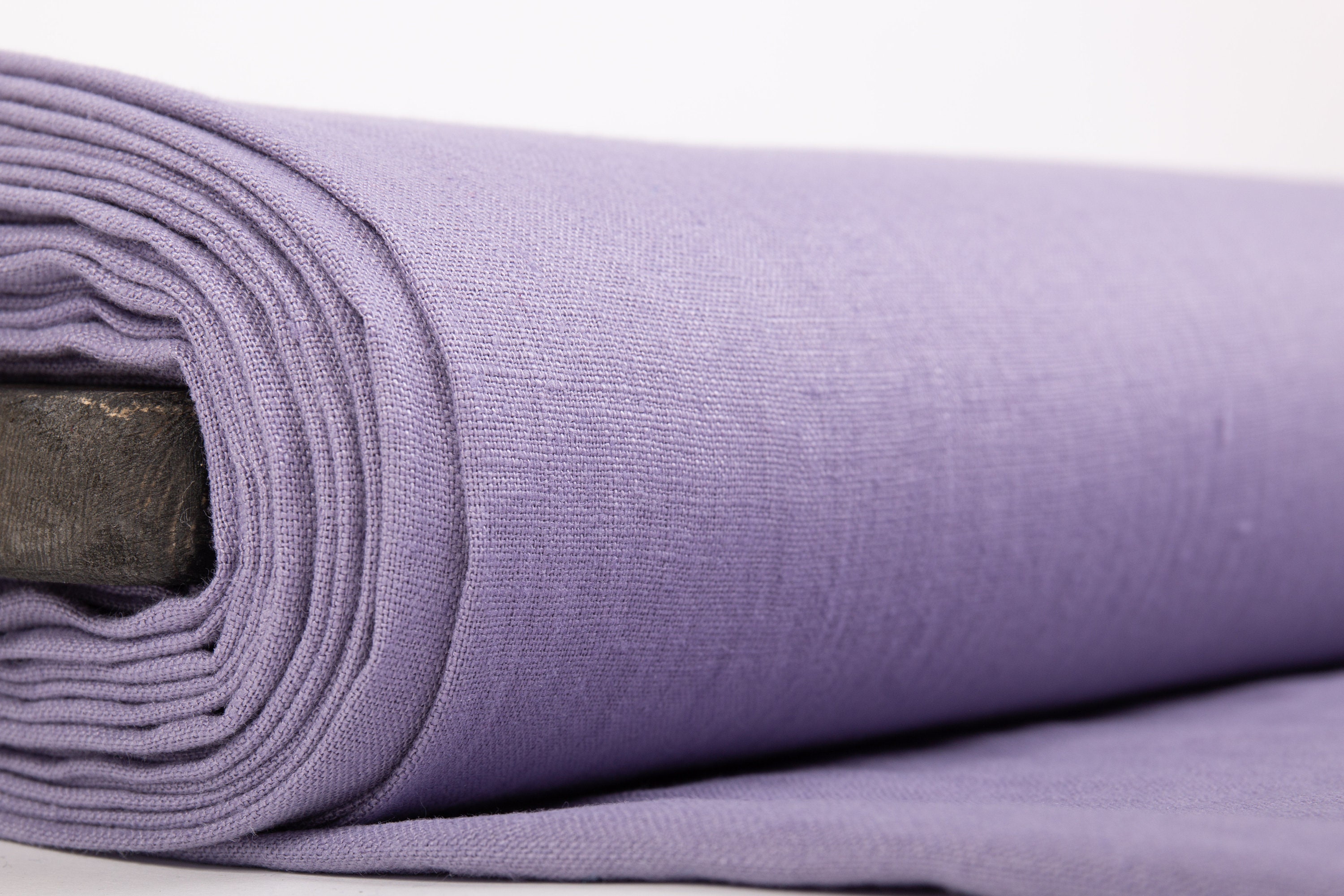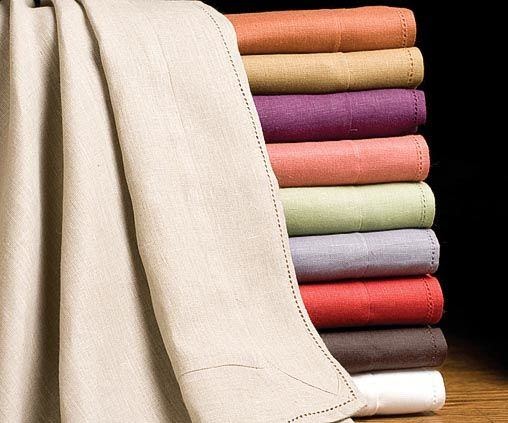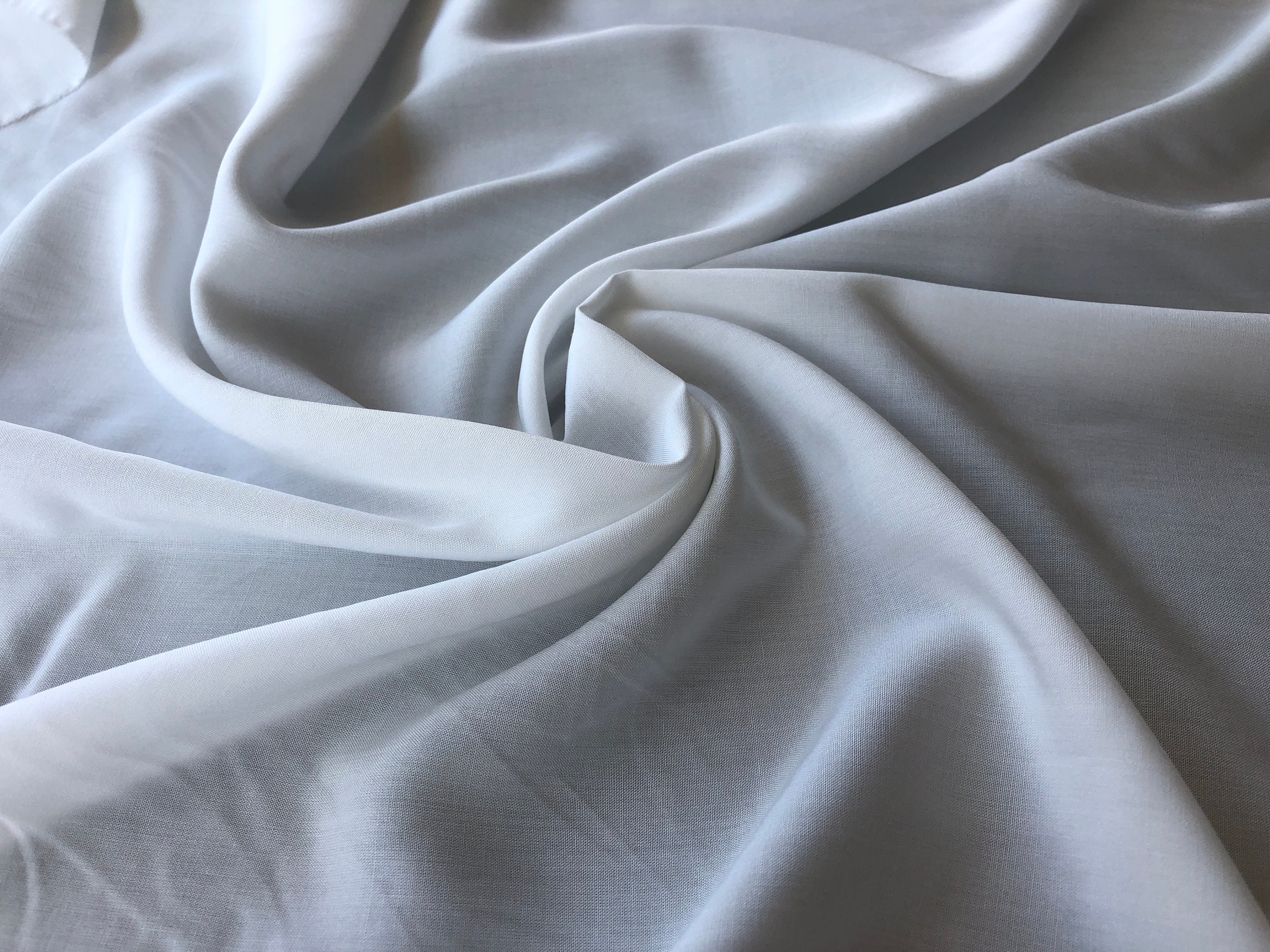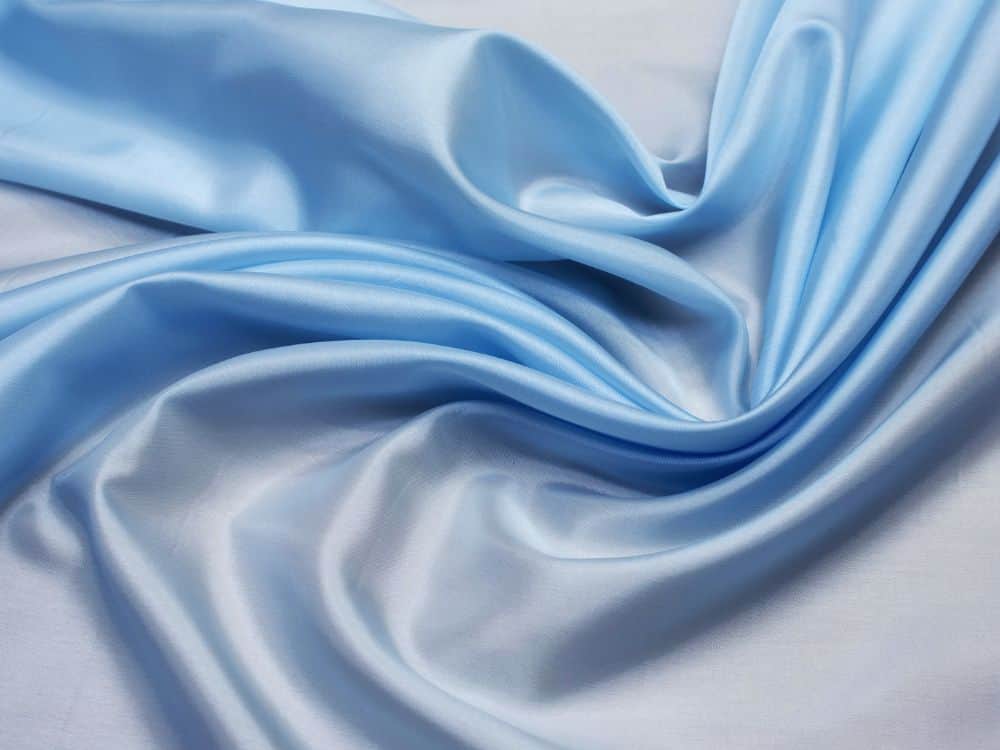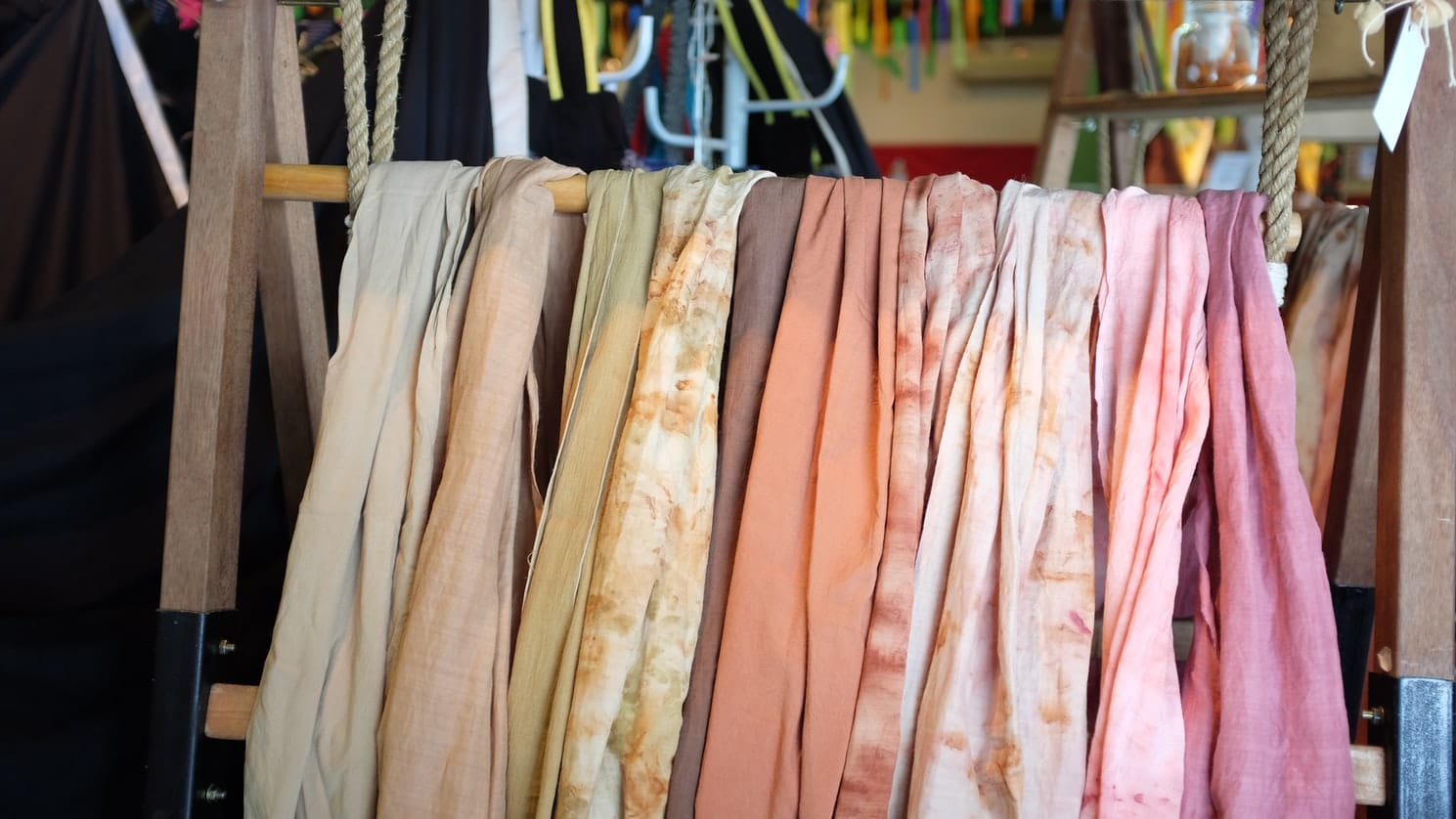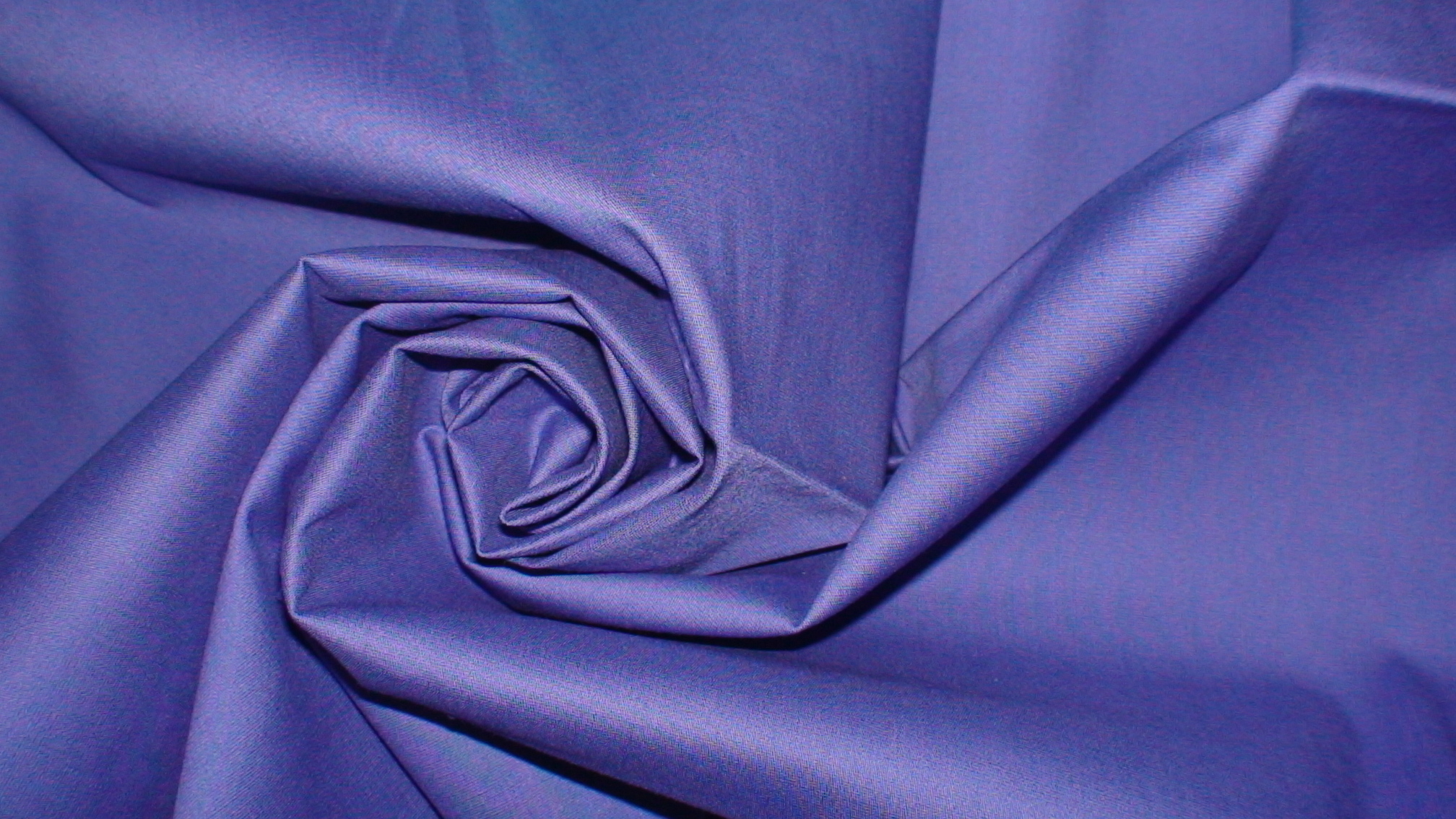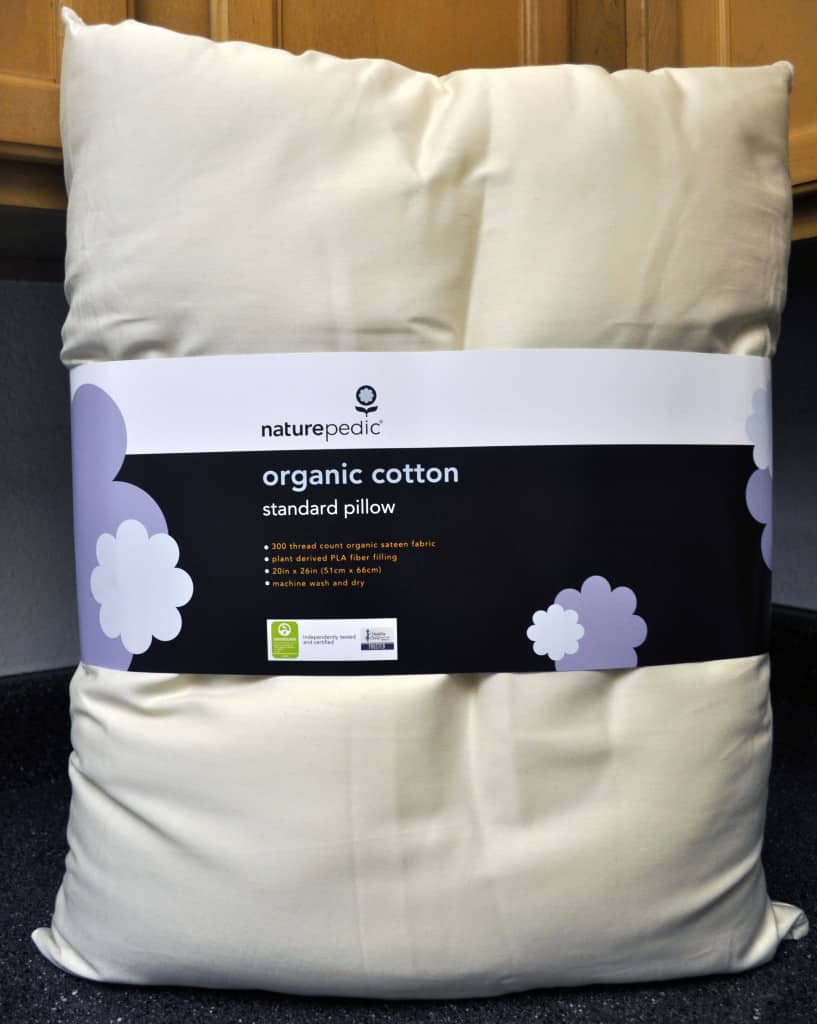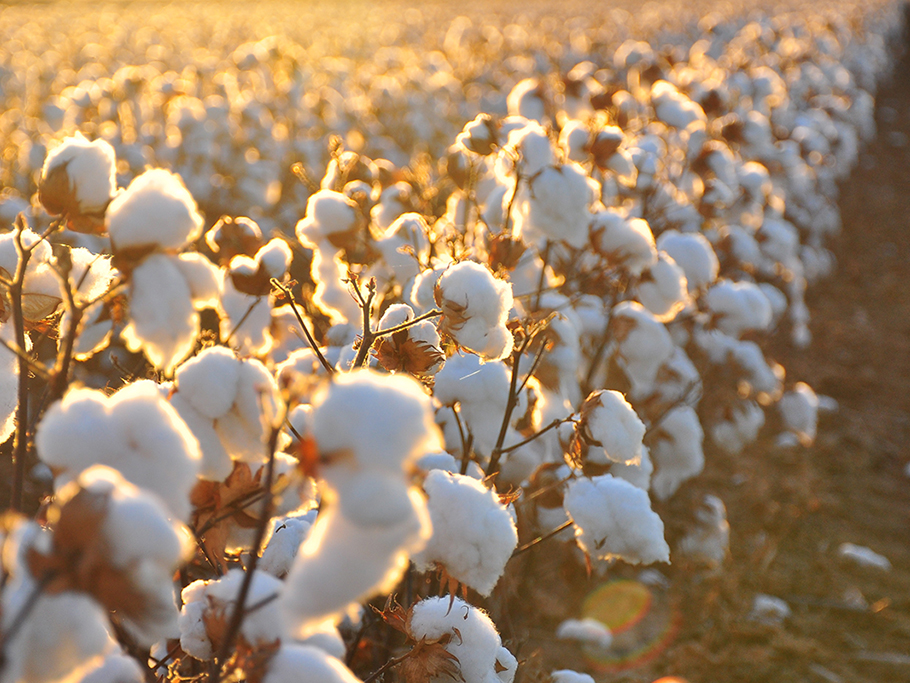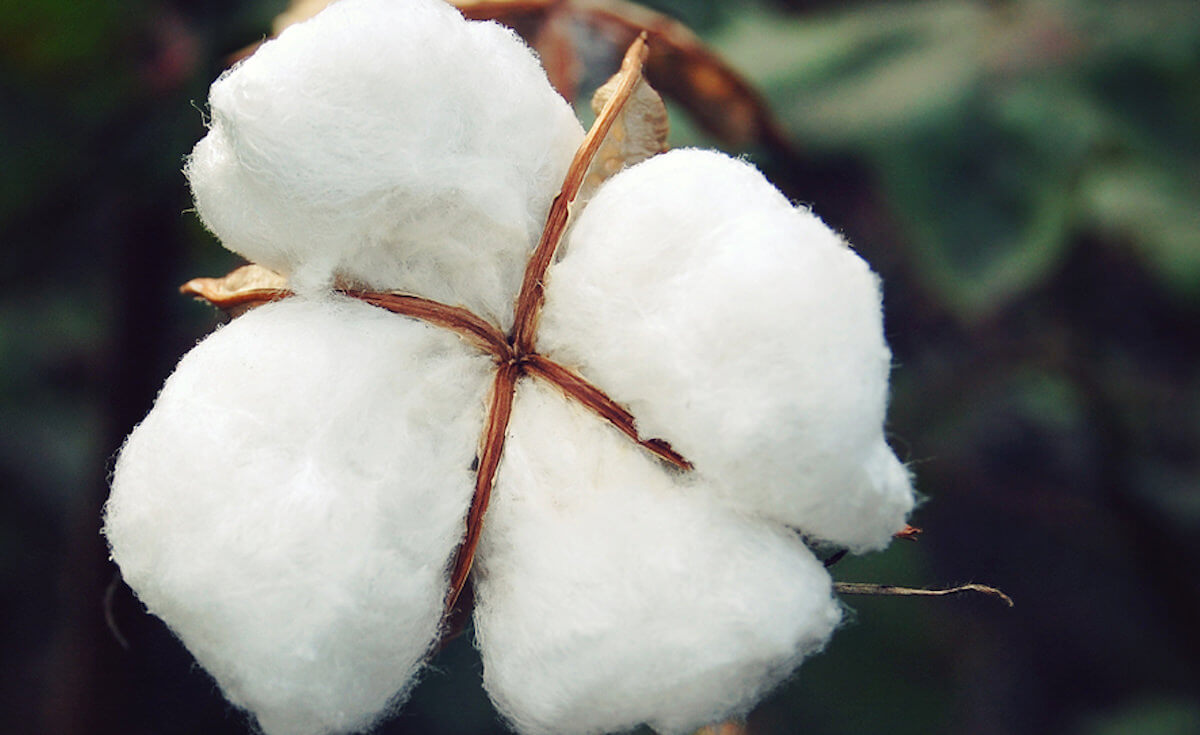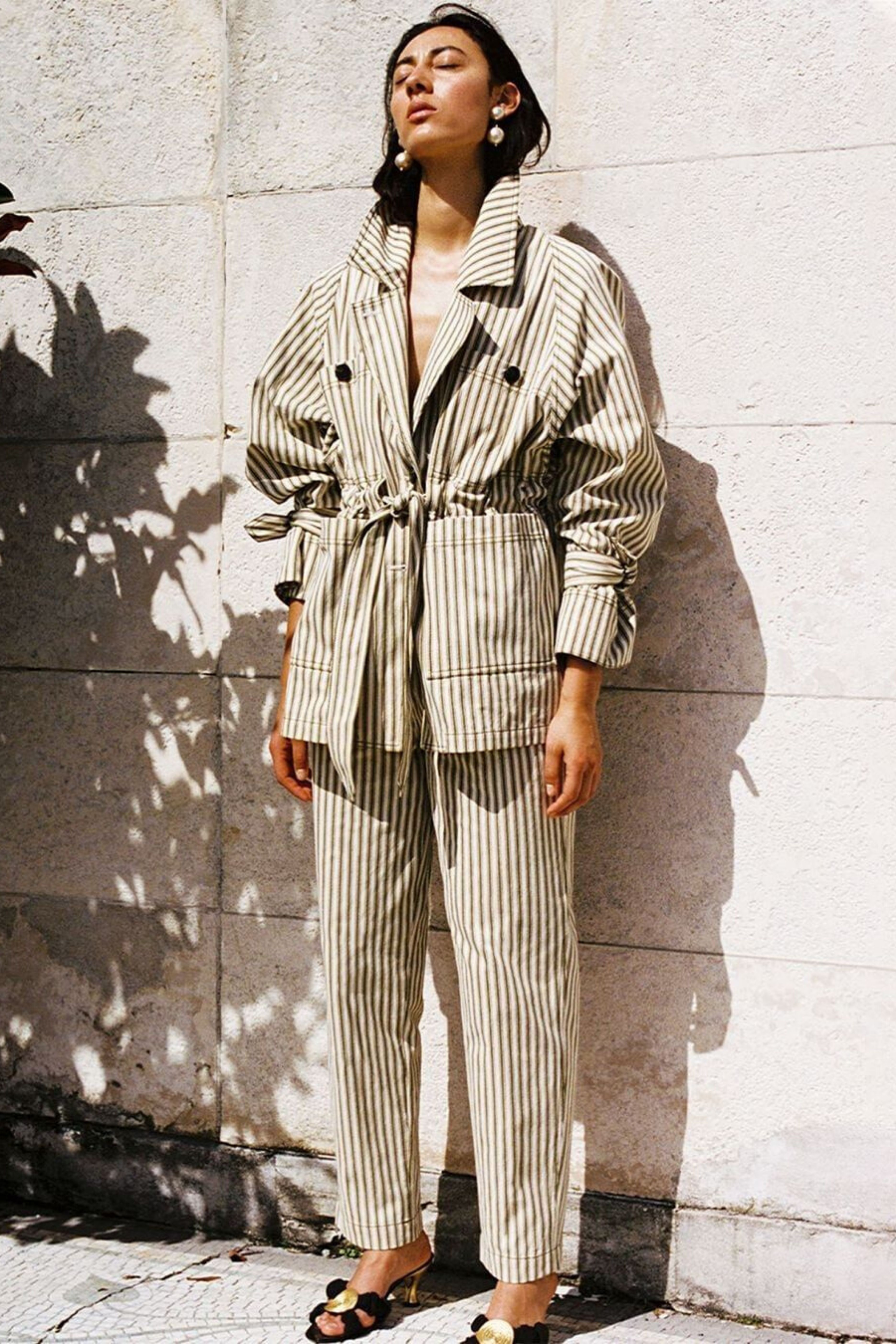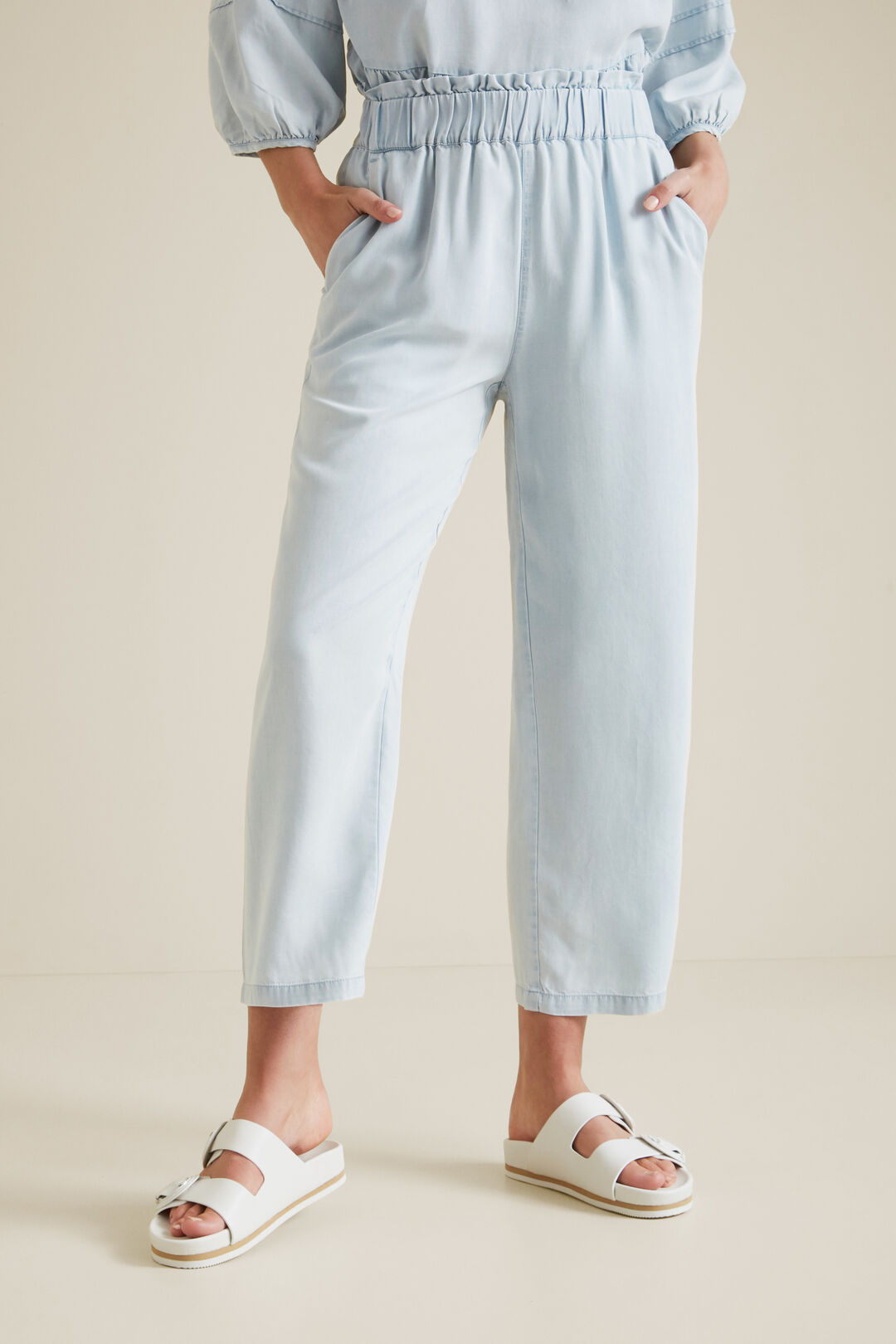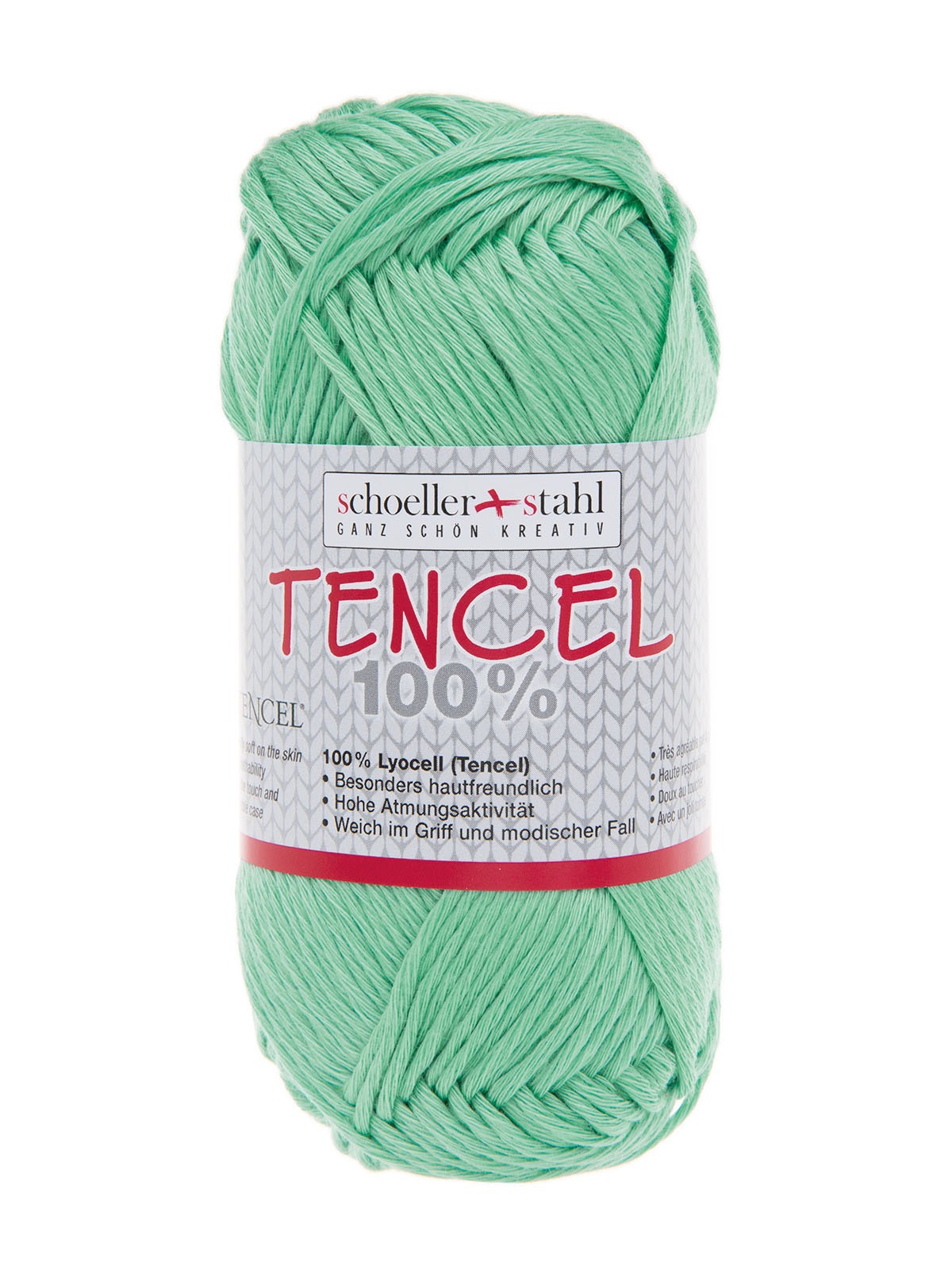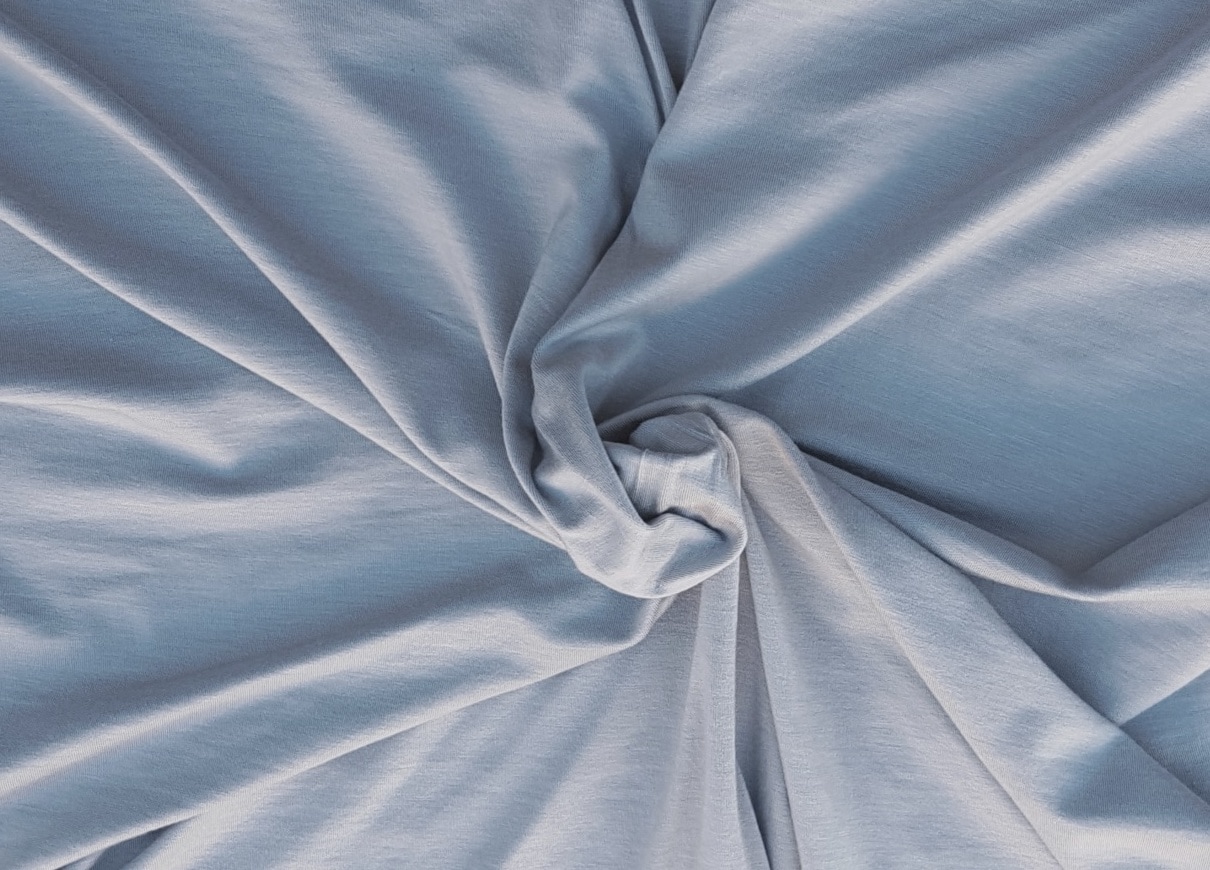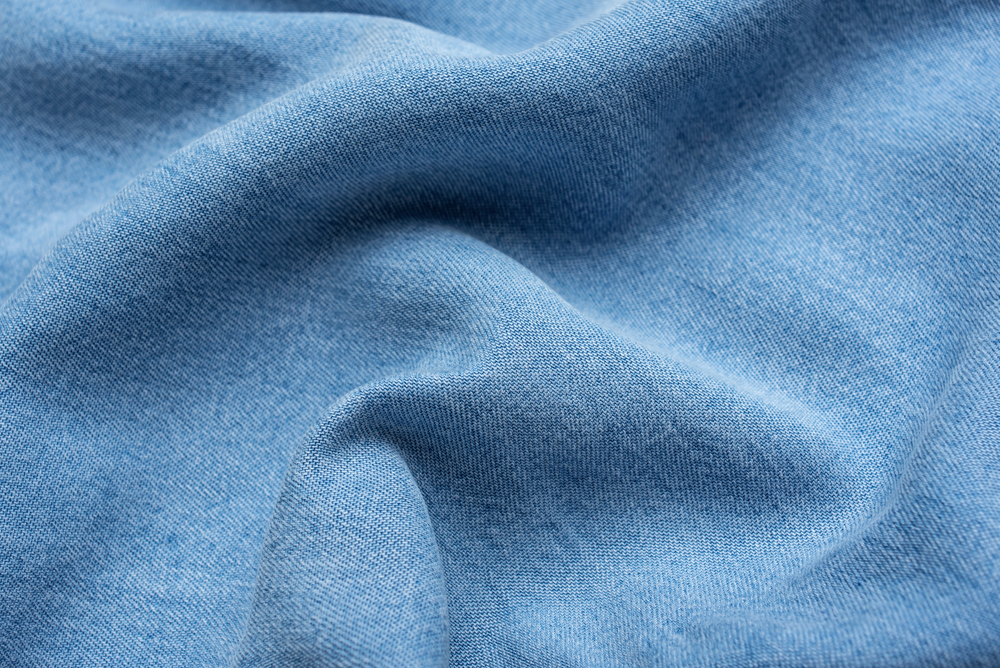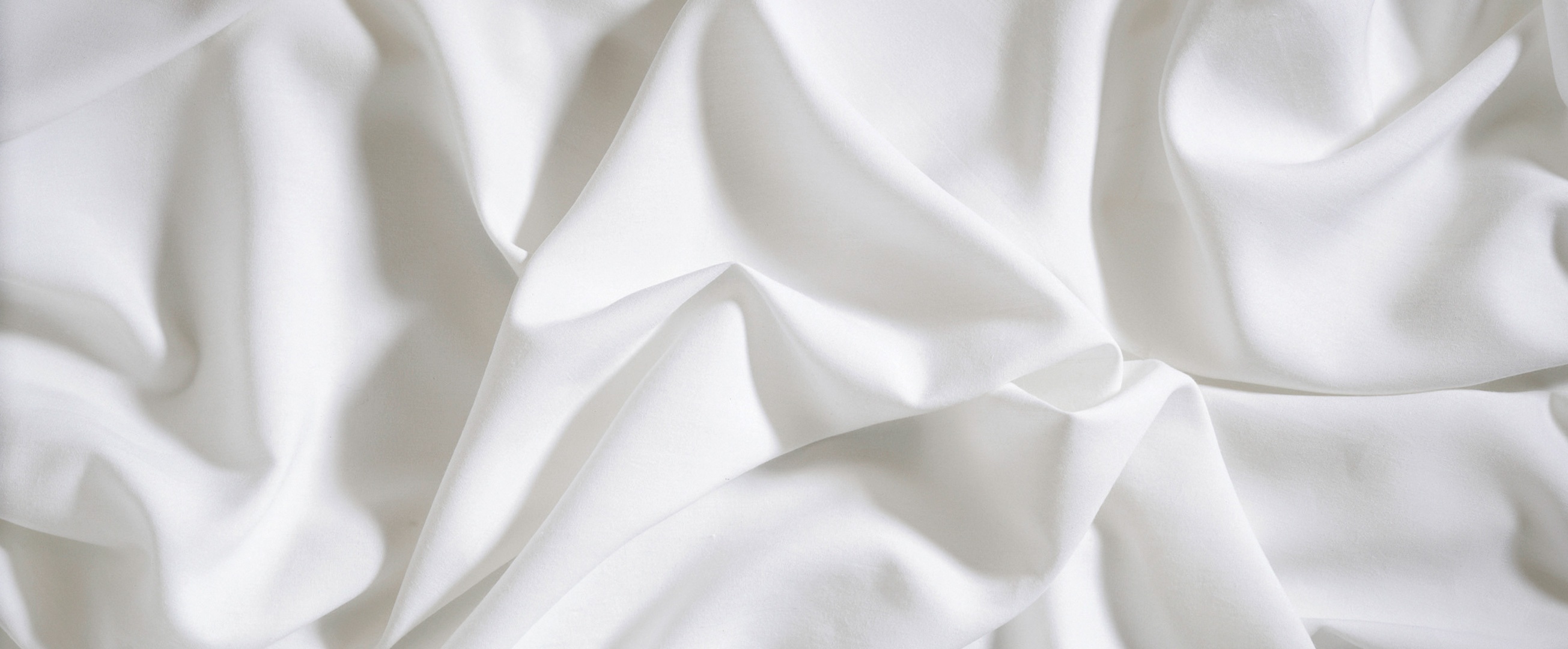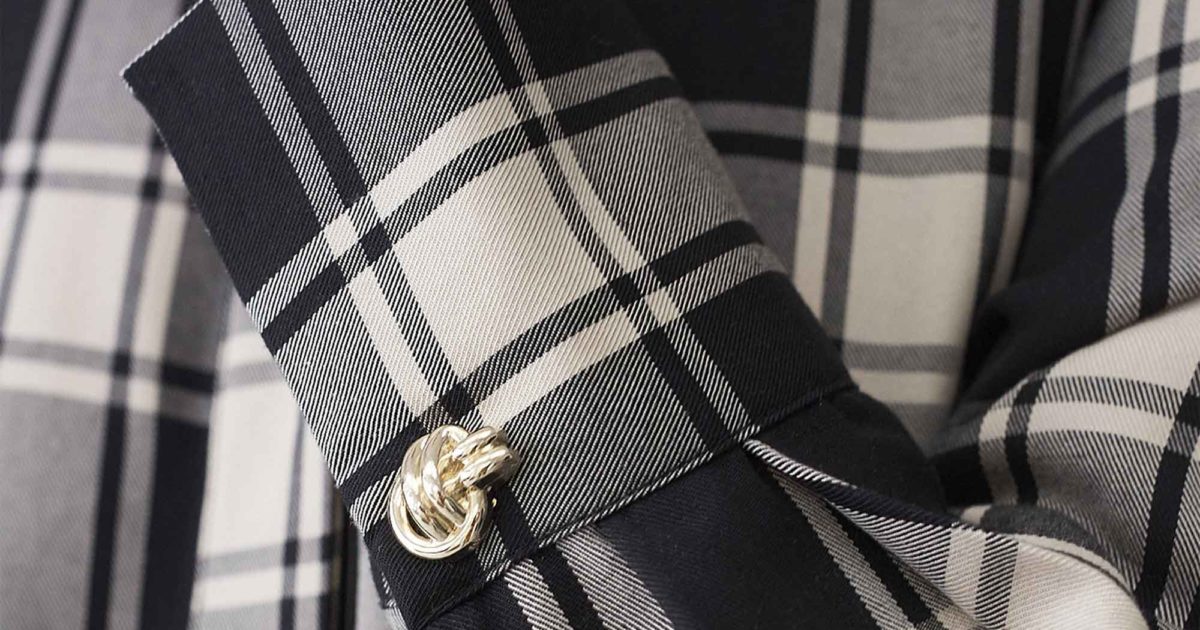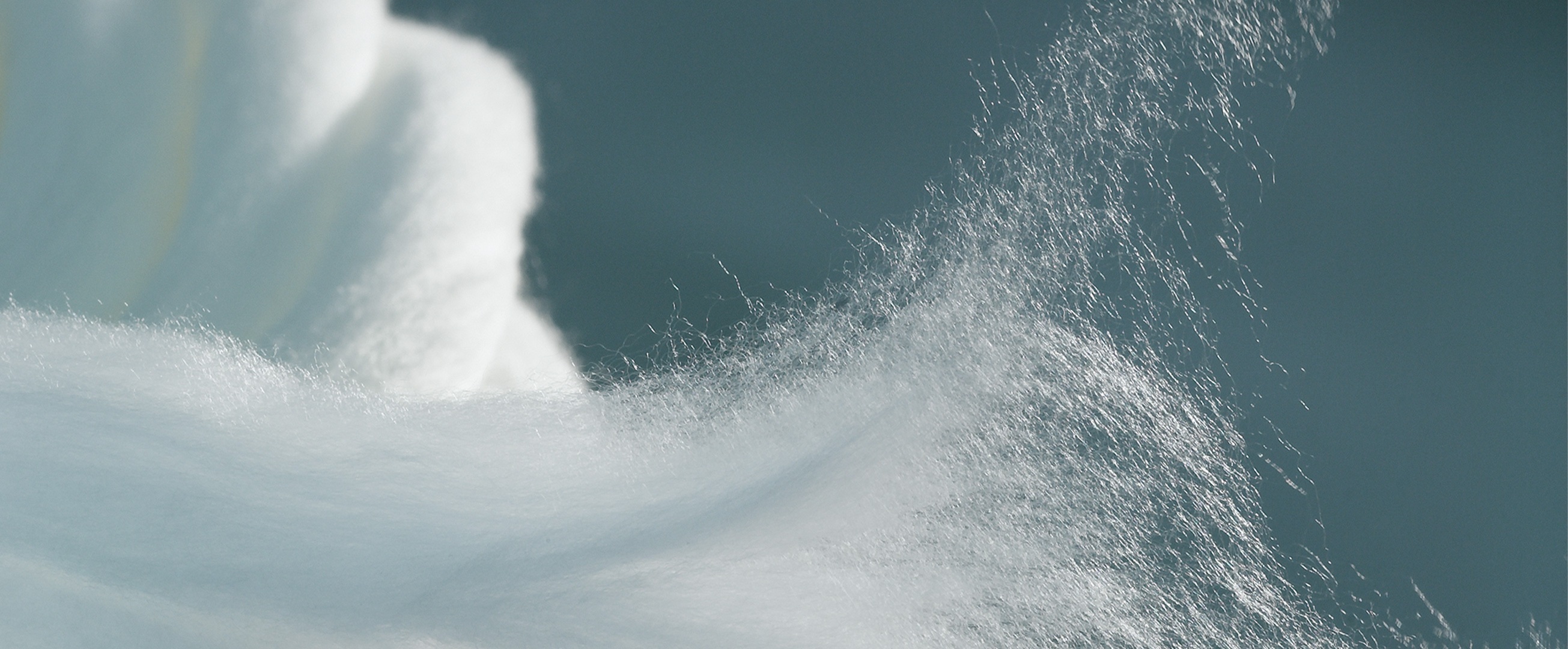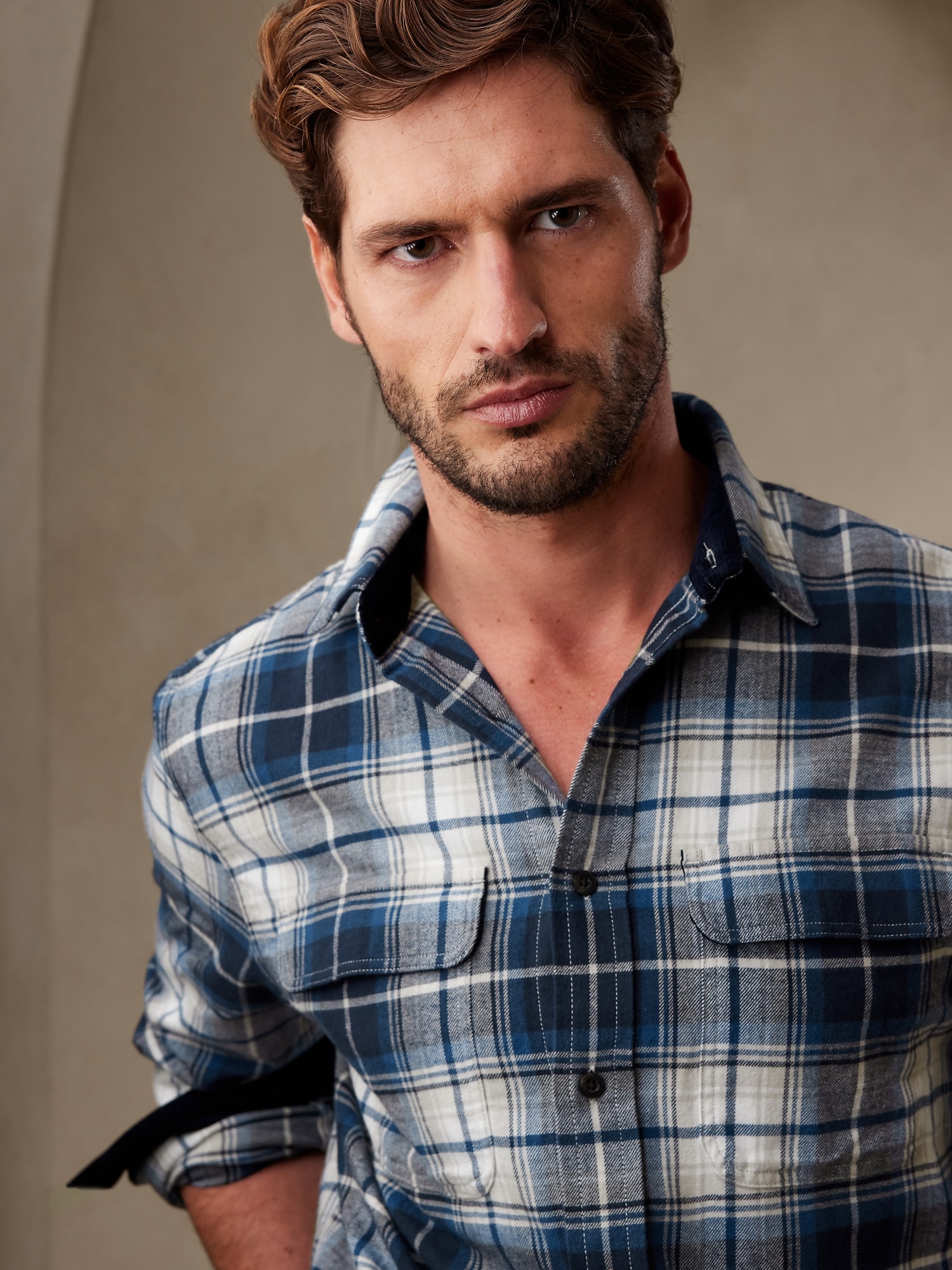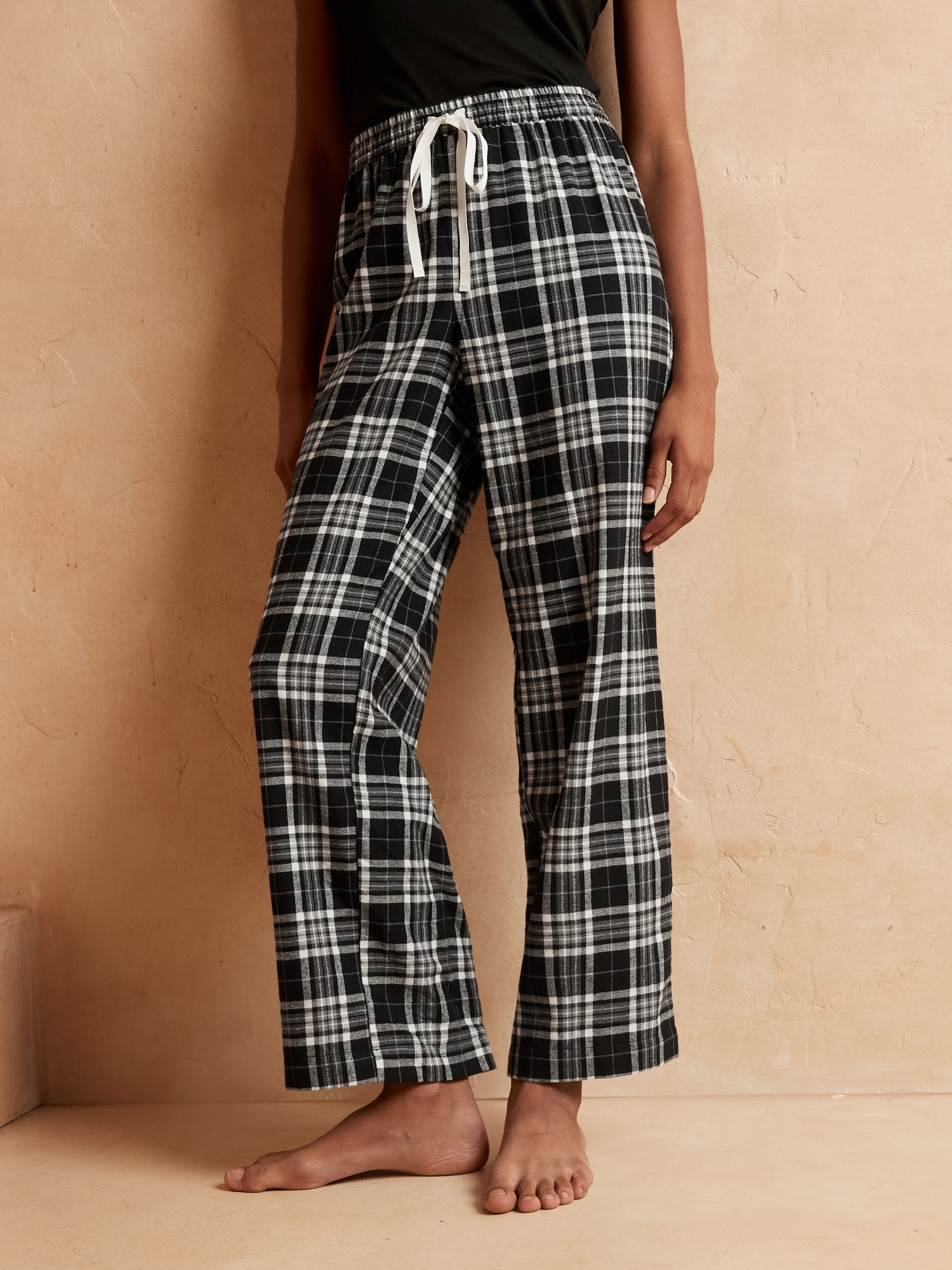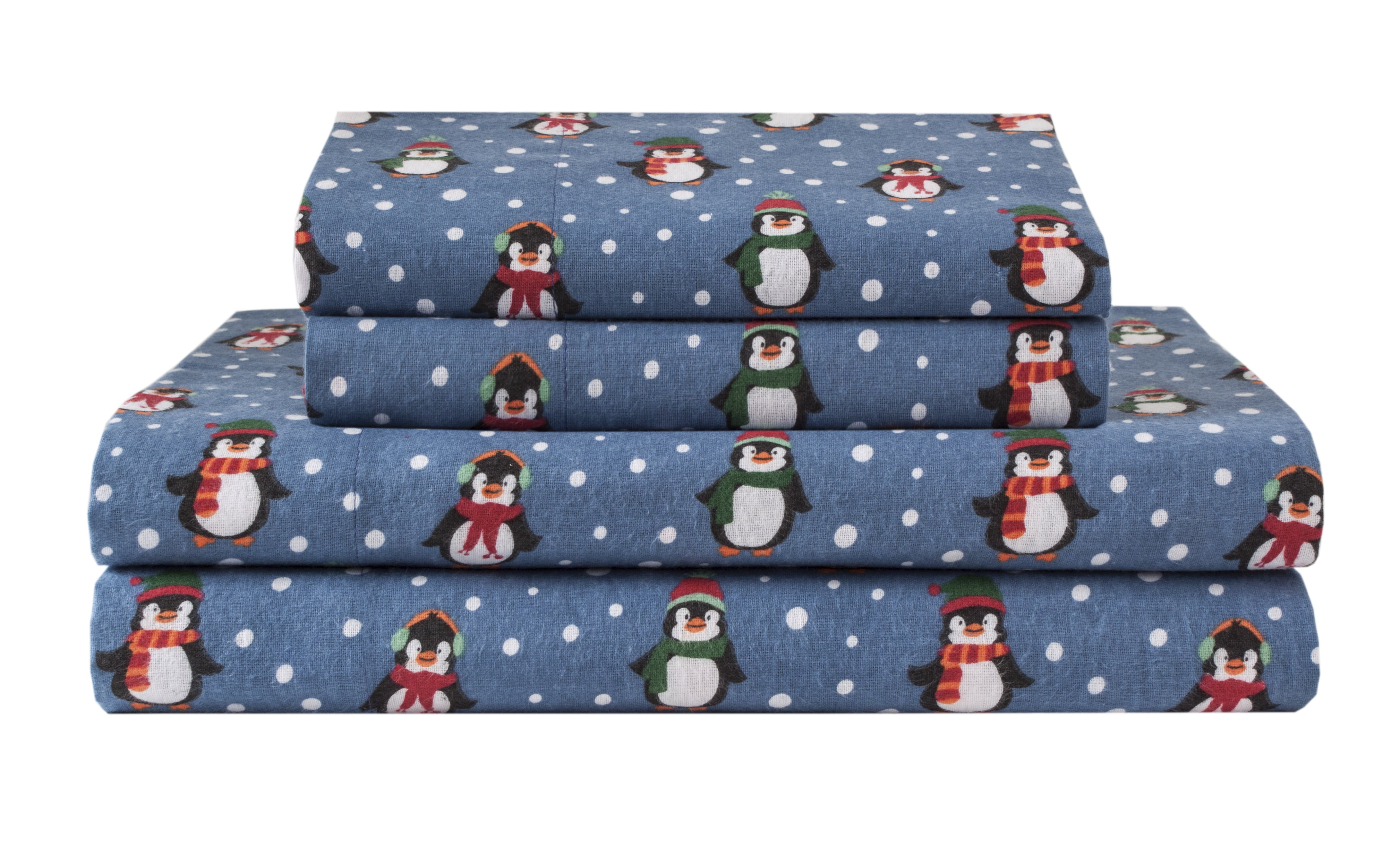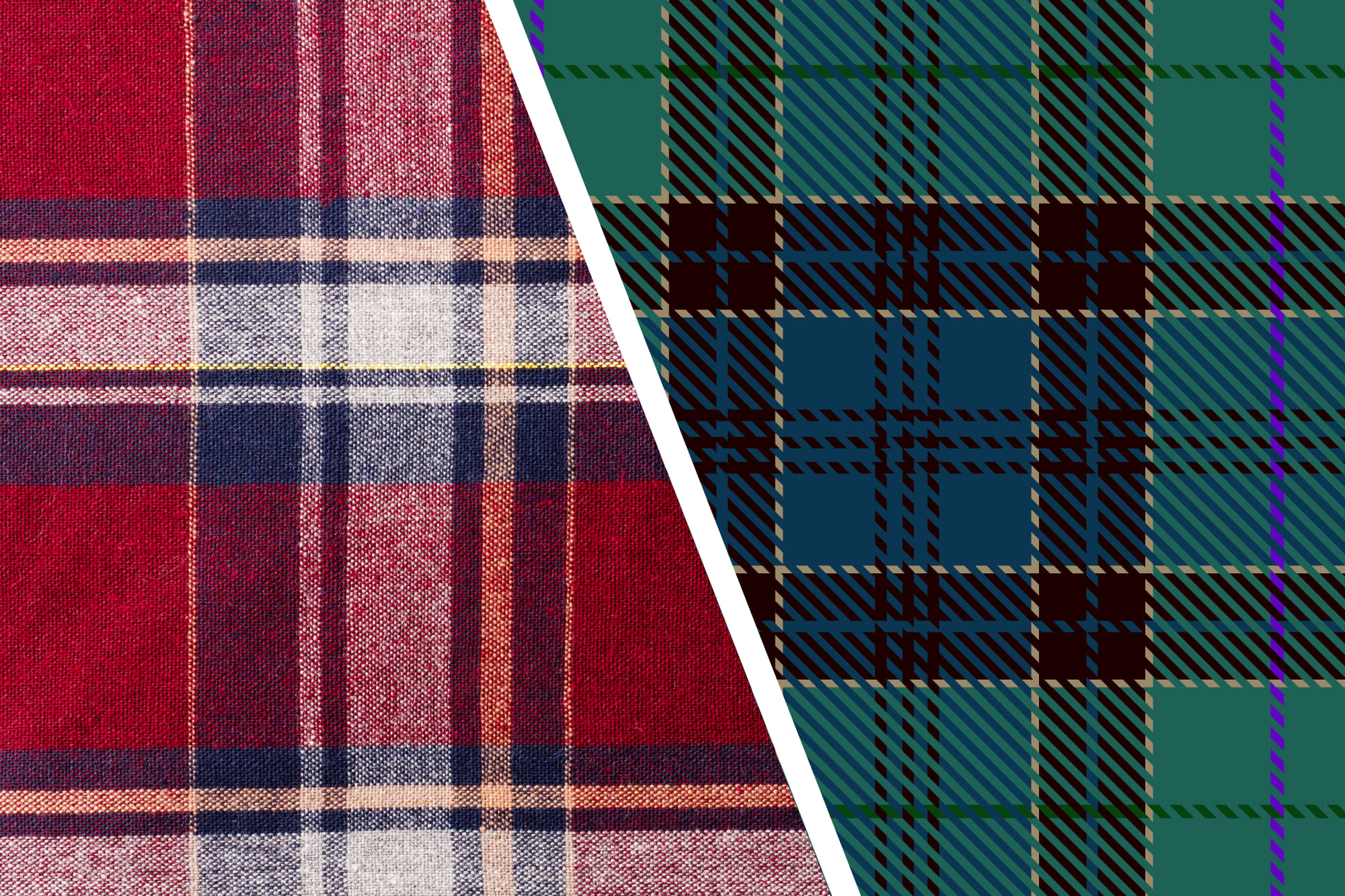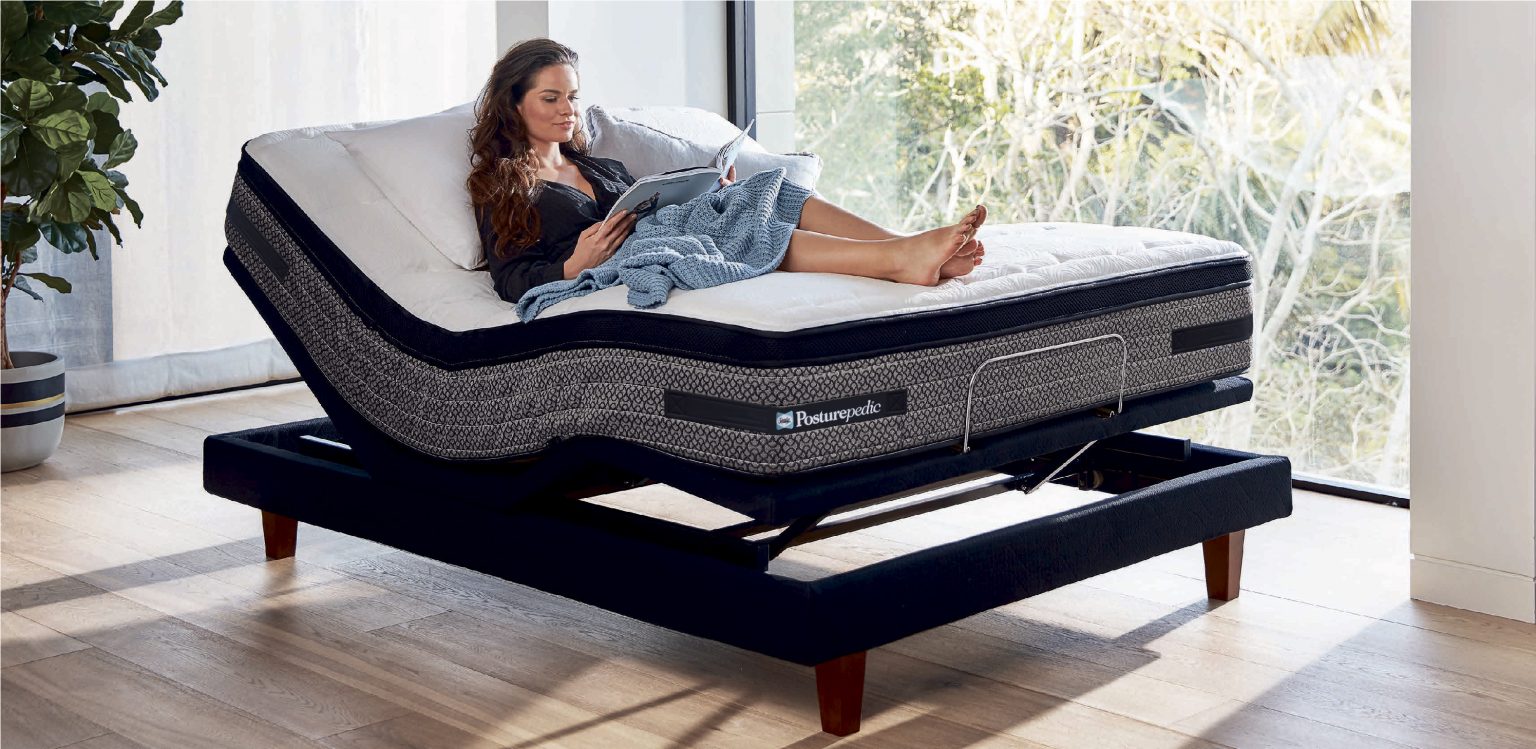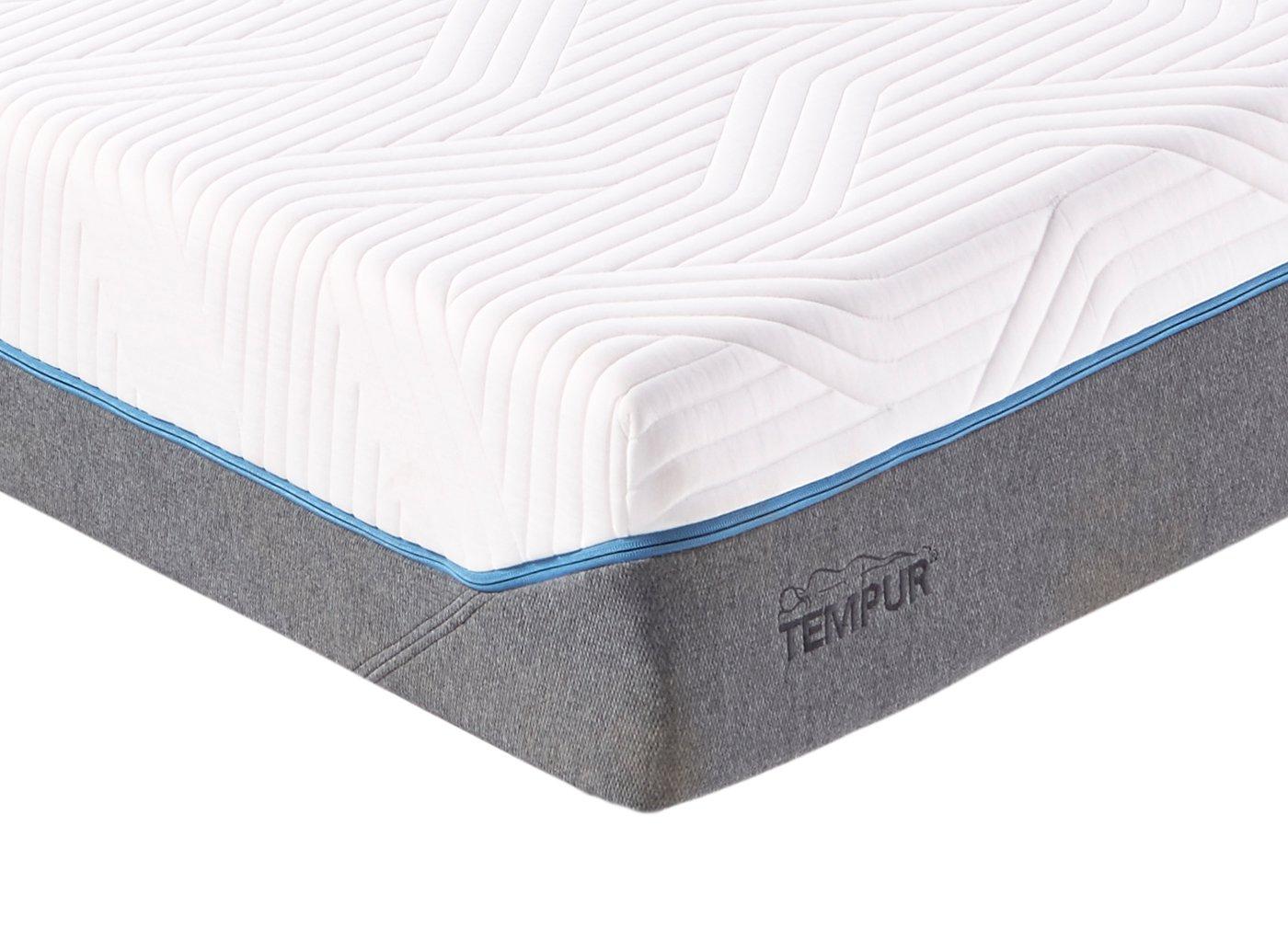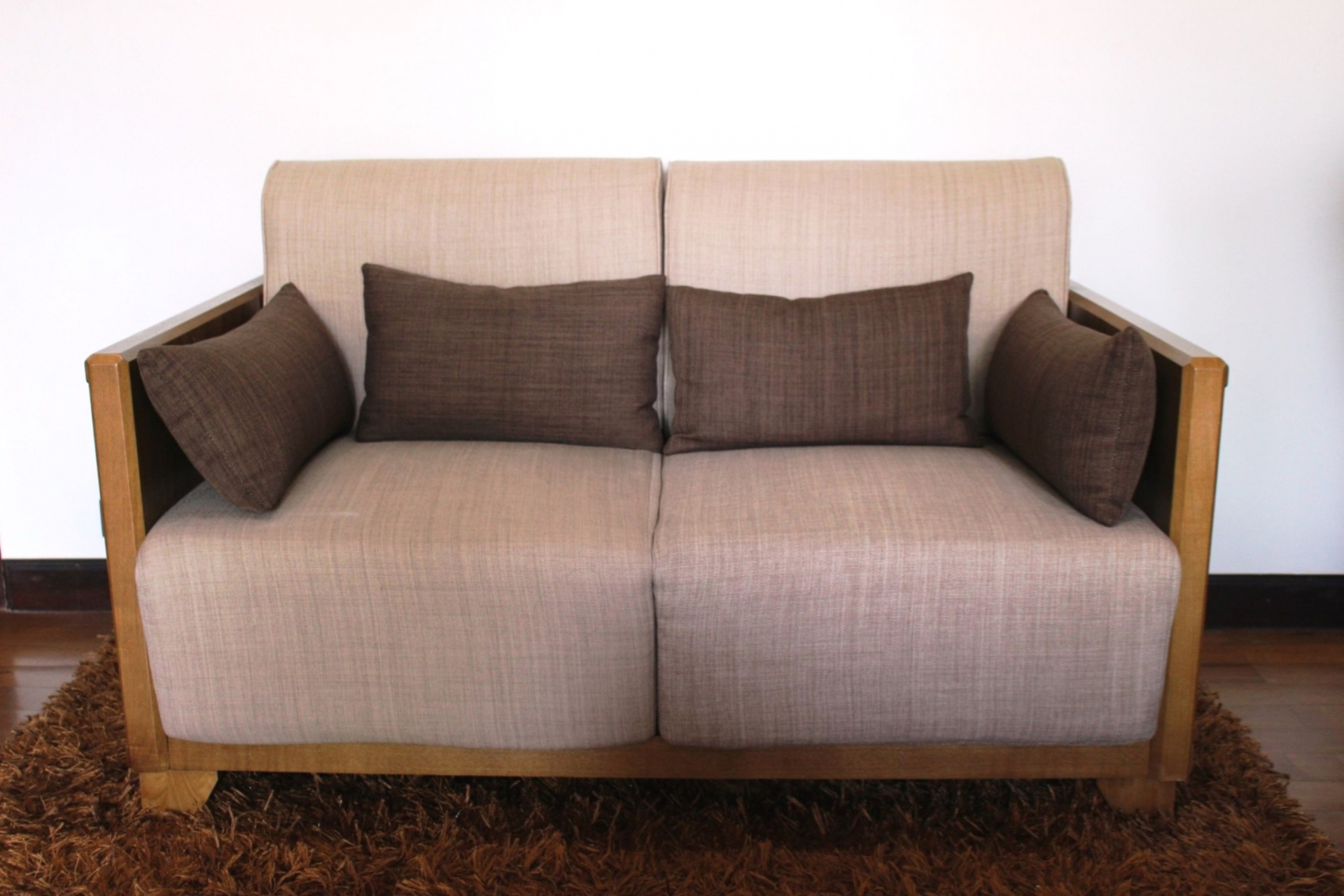Cotton
If you're looking for a comfortable and breathable material for your mattress cover, cotton is a great option to consider. This natural fiber is known for its softness and ability to regulate temperature, making it ideal for all seasons. Cotton is also hypoallergenic, making it a great choice for those with allergies or sensitive skin. Additionally, it is a durable material that can withstand regular washing and use, making it a long-lasting choice for your mattress cover.
Polyester
Polyester is a synthetic material that is commonly used in mattress covers. It is known for its durability and affordability, making it a popular choice for budget-friendly options. This material is also resistant to wrinkles and shrinking, making it easy to care for. However, it may not be as breathable as natural materials like cotton, so keep that in mind if you tend to sleep hot.
Microfiber
Microfiber is a synthetic material that is made up of tiny fibers that are thinner than a strand of silk. This creates a soft and lightweight fabric that is also very durable. In addition to being a comfortable material for your mattress cover, microfiber is also known for its ability to repel water and stains, making it a great choice for protecting your mattress from spills and accidents.
Bamboo
For those looking for an eco-friendly option, bamboo is a great choice for your mattress cover. This material is a sustainable resource that is hypoallergenic and naturally antimicrobial, making it a great choice for those with allergies or sensitivities. Bamboo is also known for its softness and ability to regulate temperature, making it a comfortable and practical material for your mattress cover.
Silk
Silk may not be the most common material for a mattress cover, but it is certainly a luxurious option. This natural material is known for its softness and smoothness, making it a comfortable choice for your bed. It is also hypoallergenic and can help regulate body temperature, making it a great choice for those with allergies or for use in both warm and cool climates.
Linen
Linen is a natural material that is made from the flax plant. It is known for its durability and breathability, making it a great choice for a mattress cover. This material is also highly absorbent, making it a good option for those who tend to sweat during the night. However, it may wrinkle easily, so keep that in mind if you prefer a more crisp and smooth look for your bed.
Rayon
Rayon is a synthetic material that is made from natural cellulose fibers. It is known for its softness and ability to mimic the feel of natural materials like cotton or silk. This makes it a comfortable choice for a mattress cover. However, it may not be as durable as other materials and can be prone to shrinking if not cared for properly.
Organic Cotton
If you want to ensure that your mattress cover is made from all-natural materials, organic cotton is a great option. This material is grown without the use of harsh chemicals or pesticides, making it better for both the environment and your health. It has all the benefits of regular cotton, such as softness and breathability, but without any potential harmful additives.
Tencel
Tencel is a relatively new material that is gaining popularity in the bedding industry. It is made from eucalyptus trees and is known for its softness, breathability, and sustainability. This material is also hypoallergenic and can help regulate body temperature, making it a comfortable and practical choice for your mattress cover.
Flannel
Flannel is a material that is known for its warmth and coziness, making it a popular choice for winter bedding. This material is typically made from cotton, but it is woven in a way that creates a soft and fuzzy surface. This makes it a great choice for a mattress cover if you want to add a cozy touch to your bed during the colder months.
The Importance of Choosing the Right Mattress Cover Base Material for Your Home
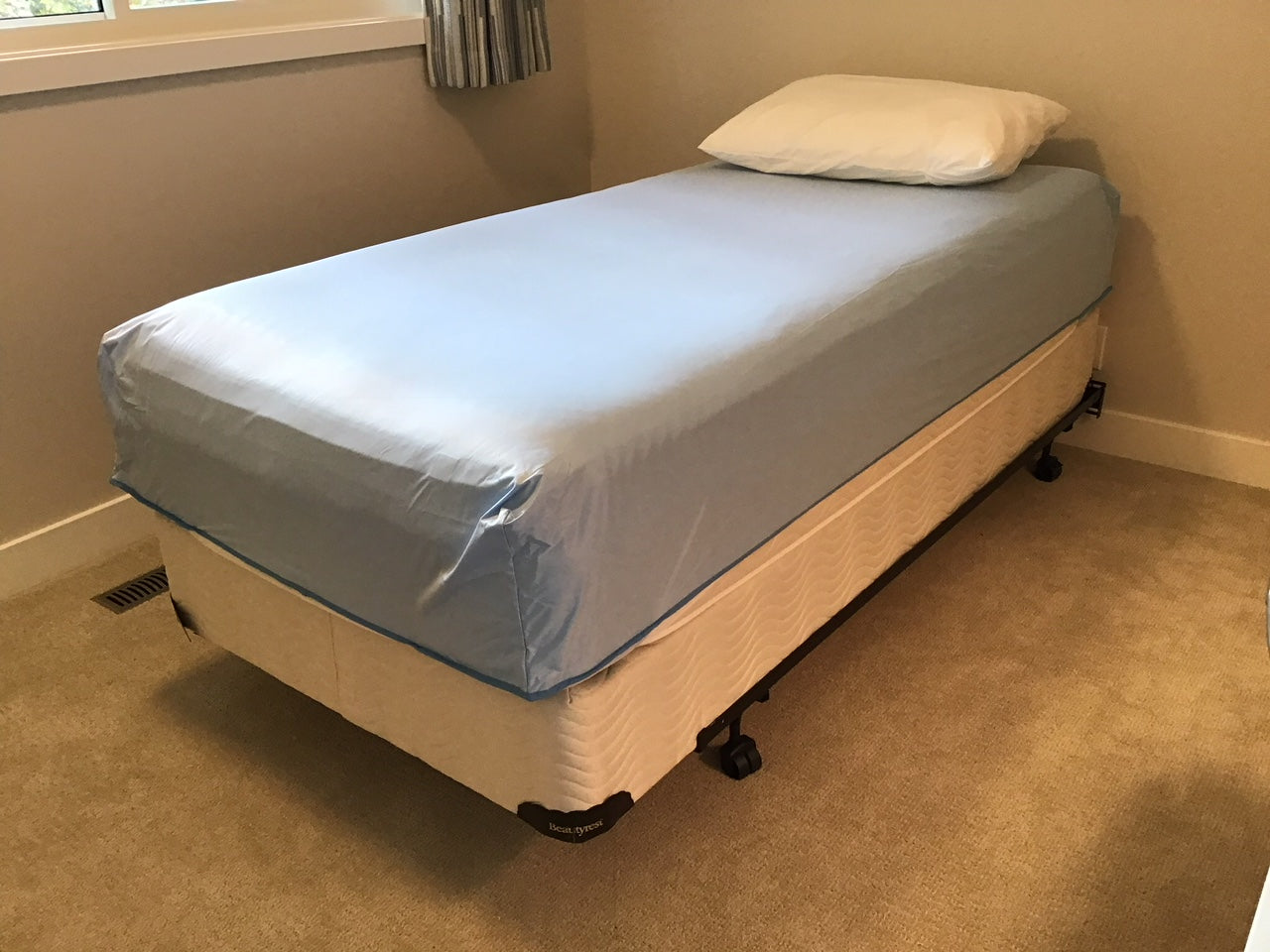
Why the Mattress Cover Base Material Matters
 When it comes to designing and decorating your home, every little detail matters. From the color of your walls to the type of furniture you choose, each element contributes to the overall aesthetic and feel of your space. This includes the material of your mattress cover base.
Many people may not realize it, but the mattress cover base material plays a crucial role in the comfort and durability of your mattress. Not only does it protect your mattress from wear and tear, but it also affects the quality of your sleep. So, before you make a decision on which material to use, it's important to understand the different options available and how they can impact your home.
When it comes to designing and decorating your home, every little detail matters. From the color of your walls to the type of furniture you choose, each element contributes to the overall aesthetic and feel of your space. This includes the material of your mattress cover base.
Many people may not realize it, but the mattress cover base material plays a crucial role in the comfort and durability of your mattress. Not only does it protect your mattress from wear and tear, but it also affects the quality of your sleep. So, before you make a decision on which material to use, it's important to understand the different options available and how they can impact your home.
The Most Popular Mattress Cover Base Materials
 There are various materials used to make mattress covers, each with its own unique properties and benefits. Let's take a look at some of the most popular options:
Cotton
– This natural material is soft, breathable, and durable. It is also hypoallergenic, making it a great choice for those with allergies. Cotton is easy to care for and can be machine washed and dried.
Polyester
– This synthetic material is known for its strength and resistance to stains and wrinkles. It is also affordable and easy to care for. However, polyester may not be as breathable as other materials and can retain heat, making it less ideal for hot sleepers.
Bamboo
– This eco-friendly material is becoming increasingly popular for mattress covers. It is naturally hypoallergenic, breathable, and moisture-wicking, making it a great option for those with sensitive skin or who tend to sweat while sleeping.
There are various materials used to make mattress covers, each with its own unique properties and benefits. Let's take a look at some of the most popular options:
Cotton
– This natural material is soft, breathable, and durable. It is also hypoallergenic, making it a great choice for those with allergies. Cotton is easy to care for and can be machine washed and dried.
Polyester
– This synthetic material is known for its strength and resistance to stains and wrinkles. It is also affordable and easy to care for. However, polyester may not be as breathable as other materials and can retain heat, making it less ideal for hot sleepers.
Bamboo
– This eco-friendly material is becoming increasingly popular for mattress covers. It is naturally hypoallergenic, breathable, and moisture-wicking, making it a great option for those with sensitive skin or who tend to sweat while sleeping.
Factors to Consider When Choosing a Mattress Cover Base Material
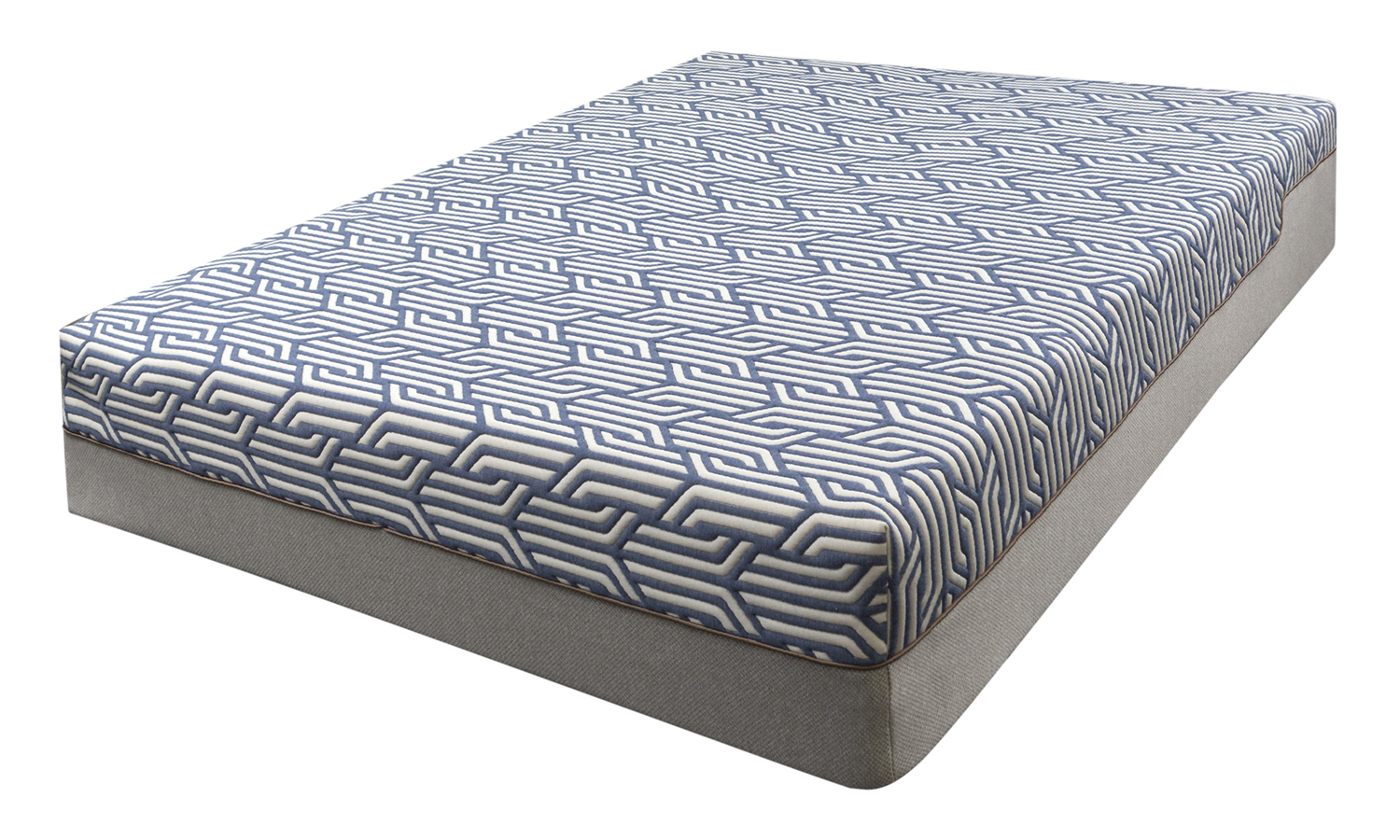 When deciding on the best mattress cover base material for your home, there are a few factors to keep in mind:
Comfort
– The material of your mattress cover can greatly affect the comfort level of your mattress. Consider your personal preferences and any specific needs you may have, such as cooling properties or hypoallergenic materials.
Durability
– A good quality mattress cover base should be able to withstand regular use and washing without losing its shape or quality. Look for materials that are known for their durability, such as cotton, bamboo, or high-quality polyester blends.
Care and Maintenance
– Some materials may require special care and maintenance, which is important to consider before making a purchase. Make sure to read the care instructions carefully to avoid damaging your mattress cover.
When deciding on the best mattress cover base material for your home, there are a few factors to keep in mind:
Comfort
– The material of your mattress cover can greatly affect the comfort level of your mattress. Consider your personal preferences and any specific needs you may have, such as cooling properties or hypoallergenic materials.
Durability
– A good quality mattress cover base should be able to withstand regular use and washing without losing its shape or quality. Look for materials that are known for their durability, such as cotton, bamboo, or high-quality polyester blends.
Care and Maintenance
– Some materials may require special care and maintenance, which is important to consider before making a purchase. Make sure to read the care instructions carefully to avoid damaging your mattress cover.
In Conclusion
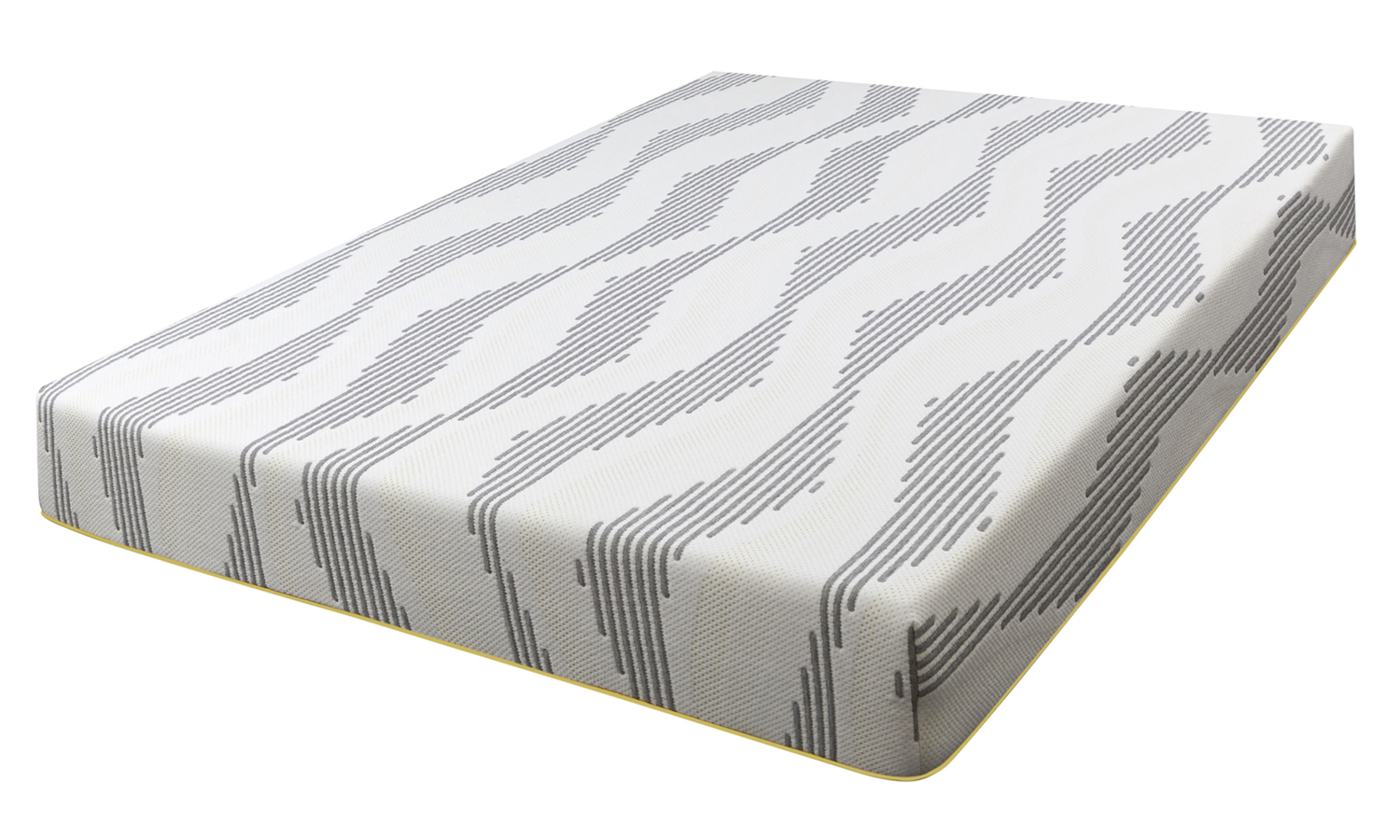 Choosing the right mattress cover base material is an important decision when it comes to designing your home. It not only affects the appearance of your mattress, but also the comfort and durability. Consider your personal preferences and needs, as well as the various materials available, to find the perfect mattress cover base for your home.
Choosing the right mattress cover base material is an important decision when it comes to designing your home. It not only affects the appearance of your mattress, but also the comfort and durability. Consider your personal preferences and needs, as well as the various materials available, to find the perfect mattress cover base for your home.
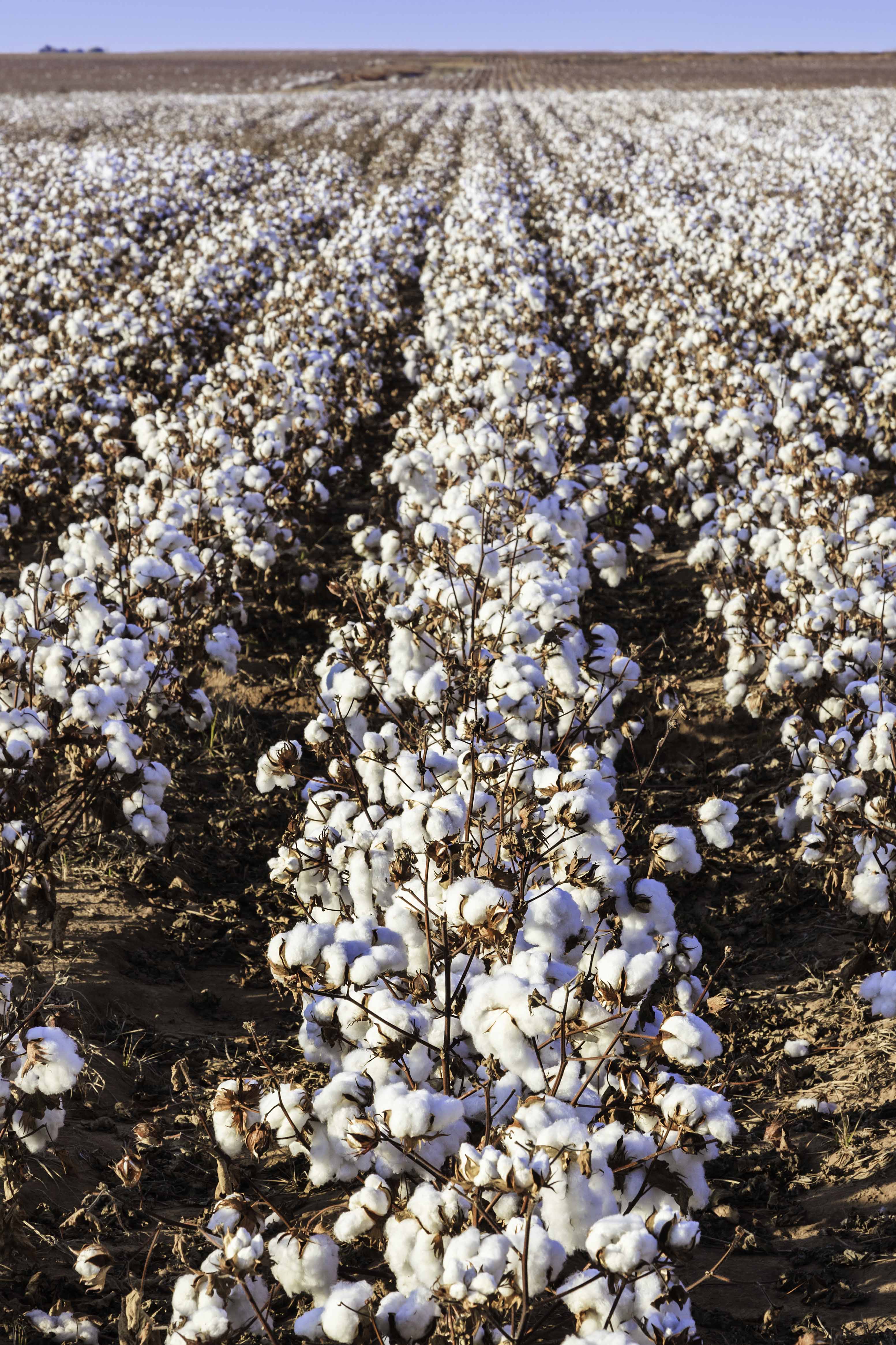

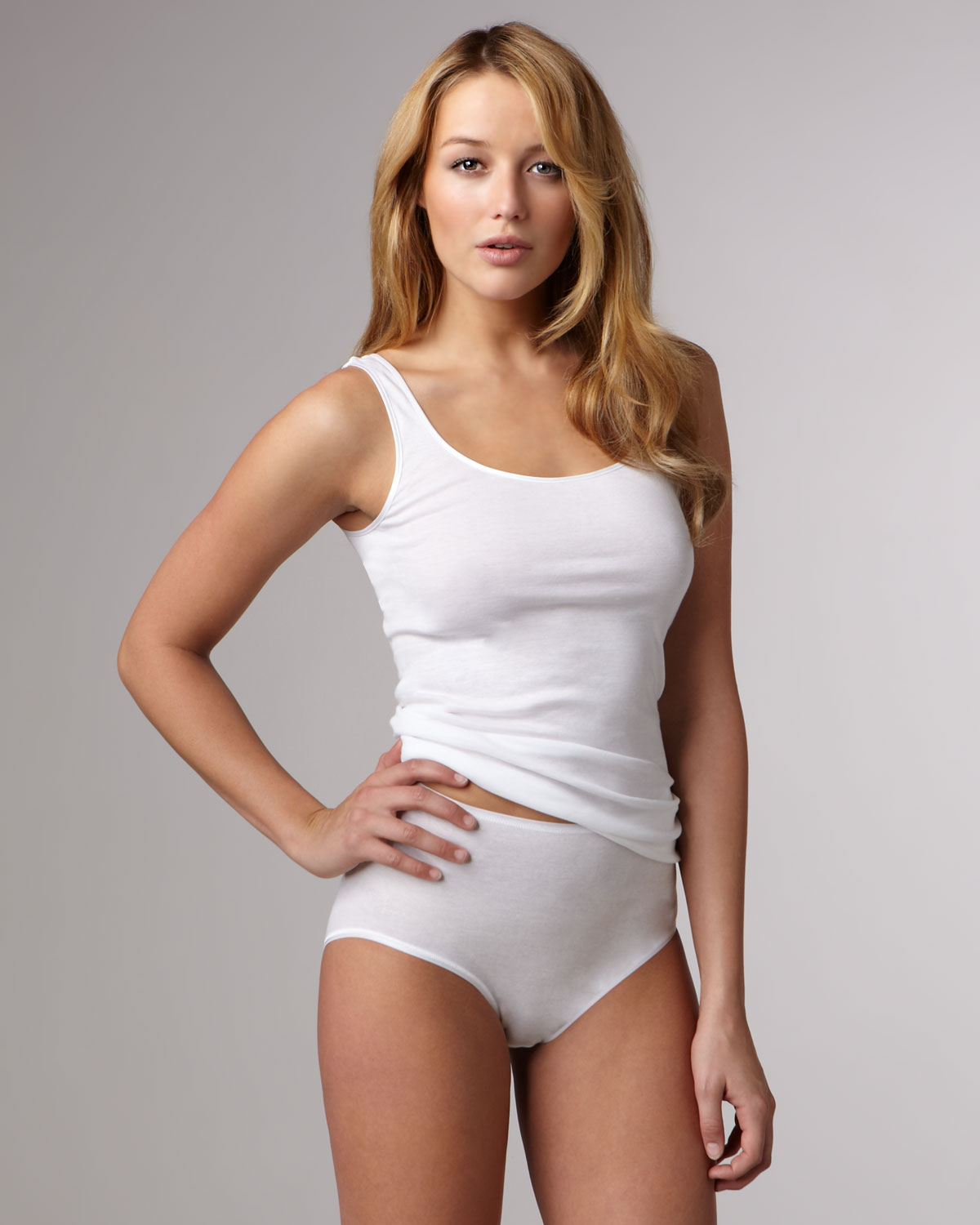
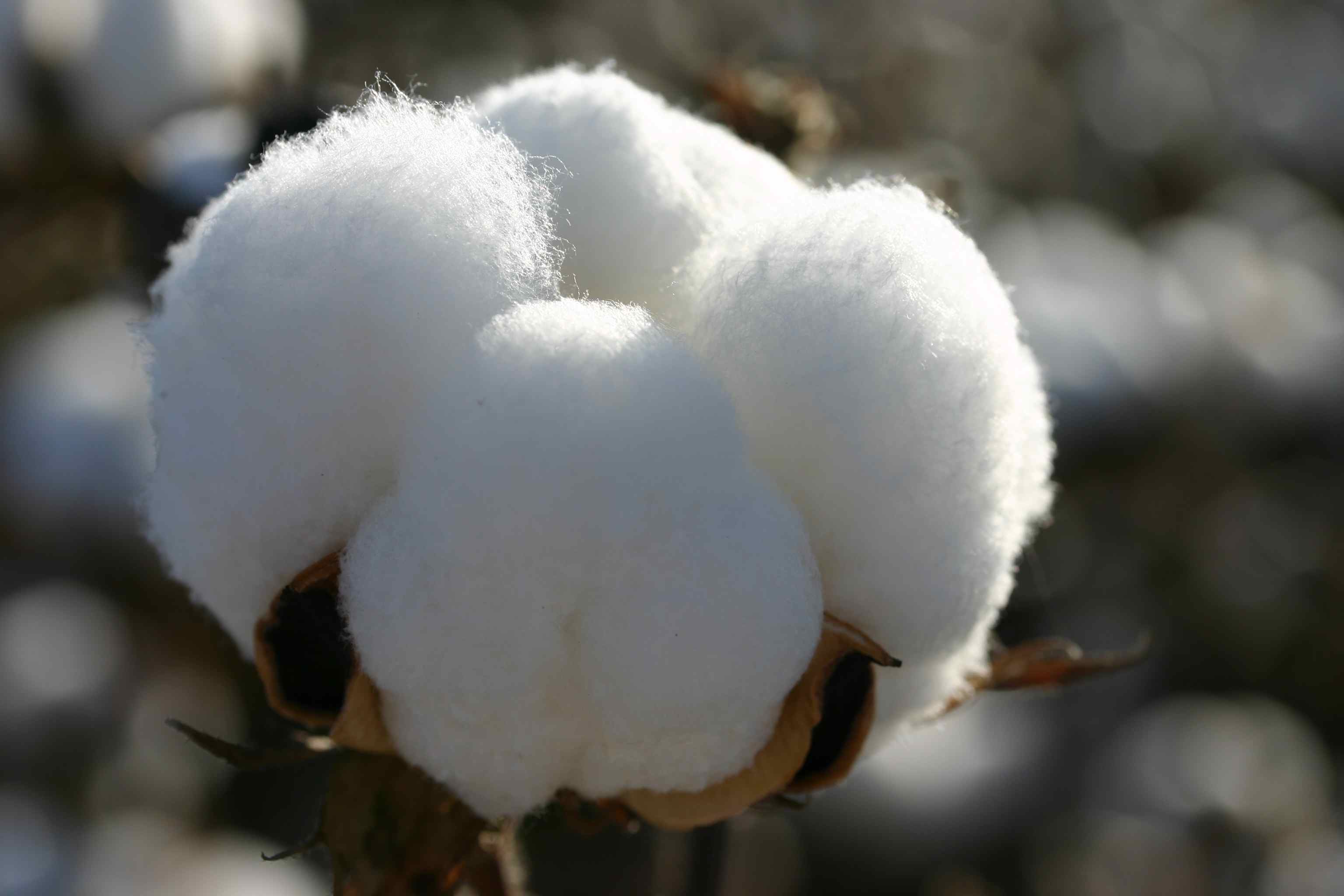
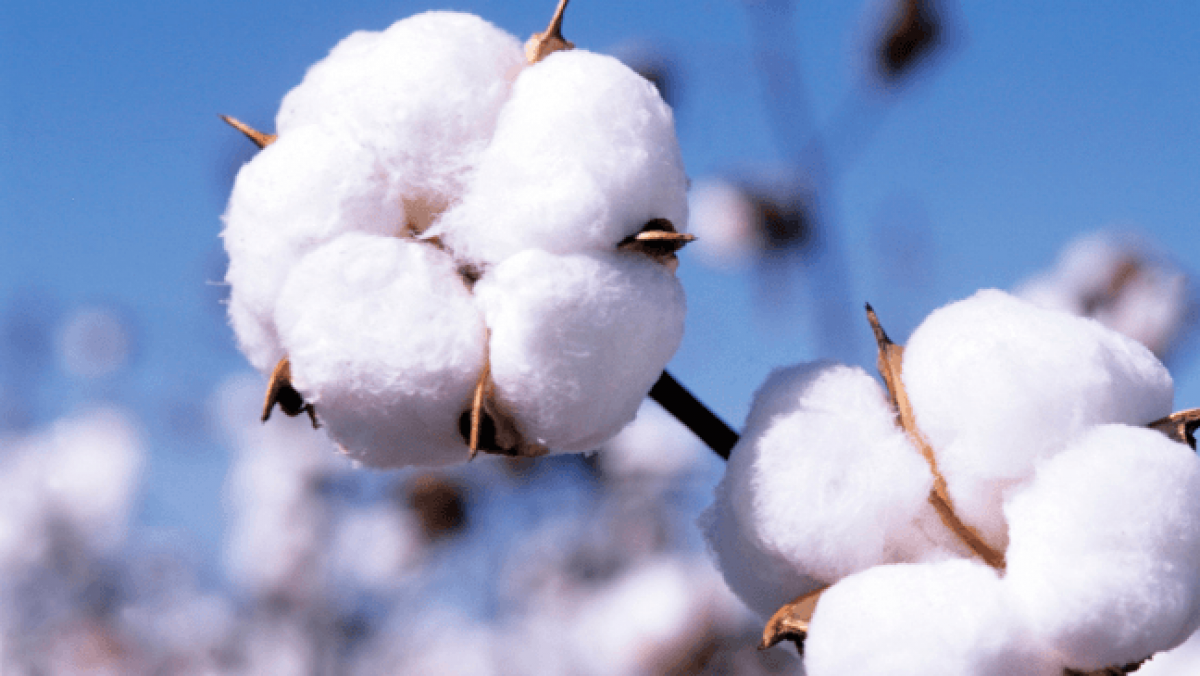
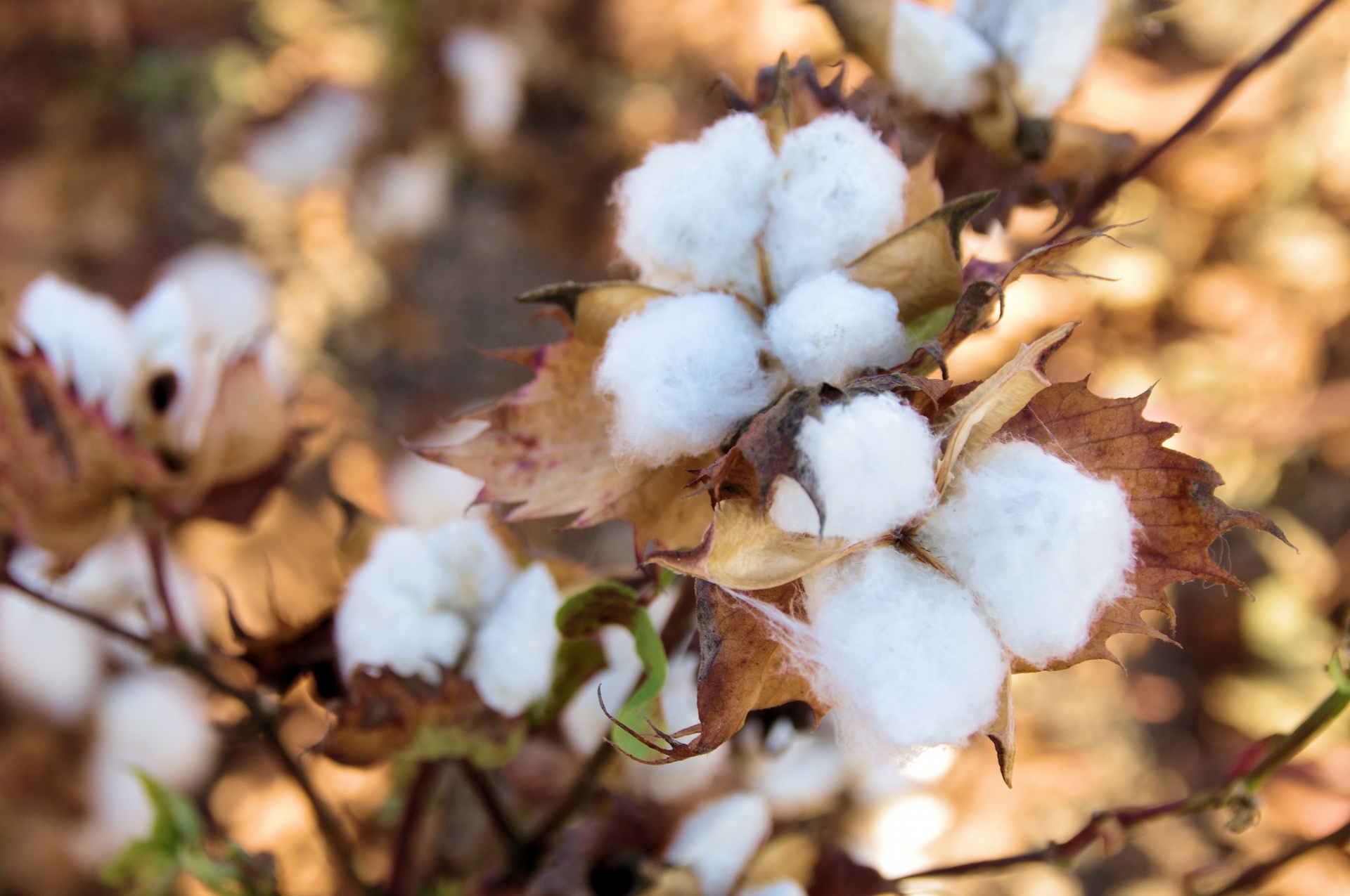

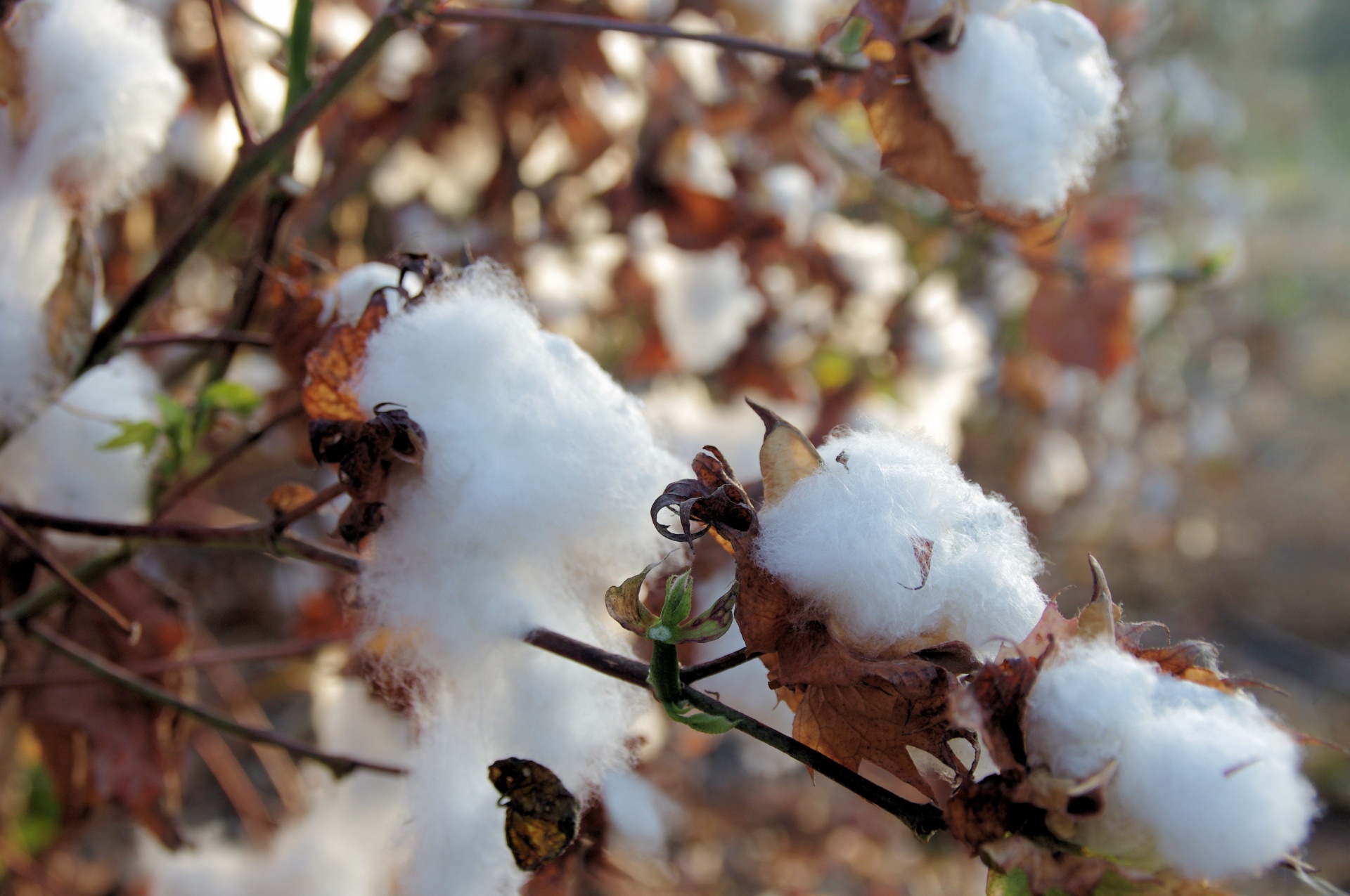


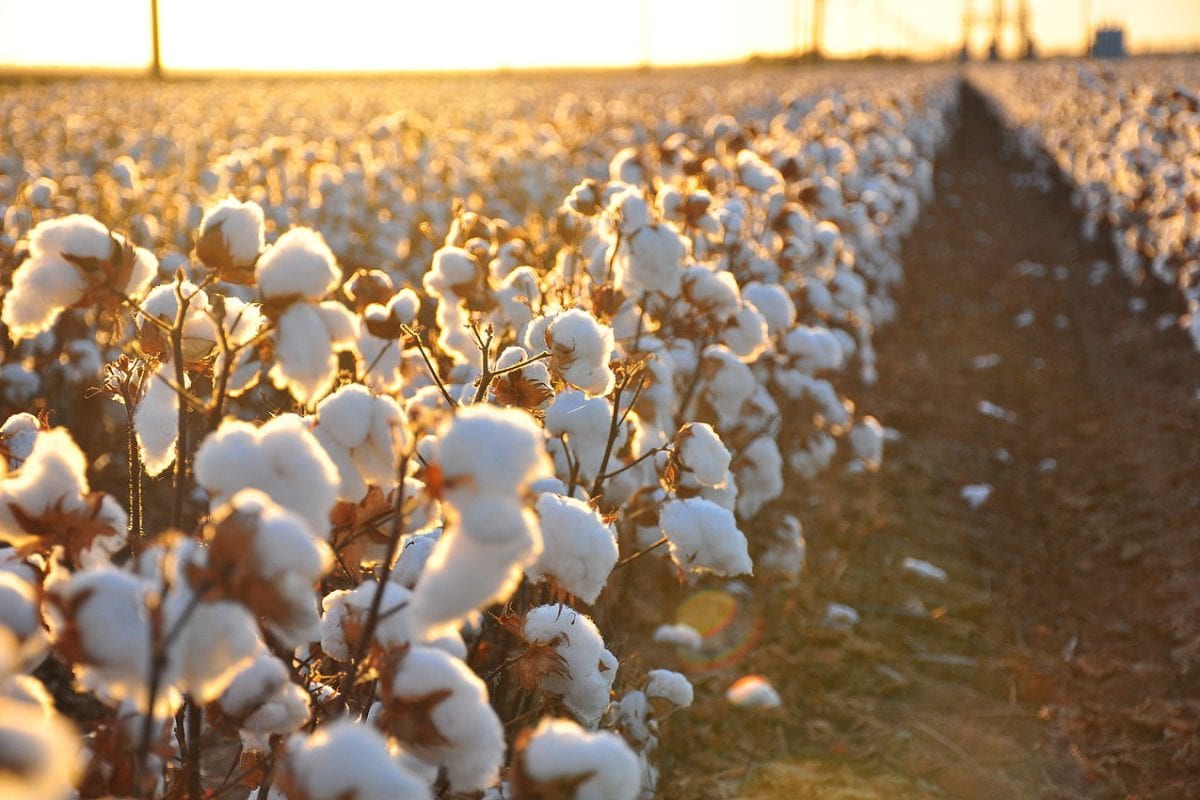




/GettyImages-636211102-58f4d8bc5f9b582c4ddb409b.jpg)
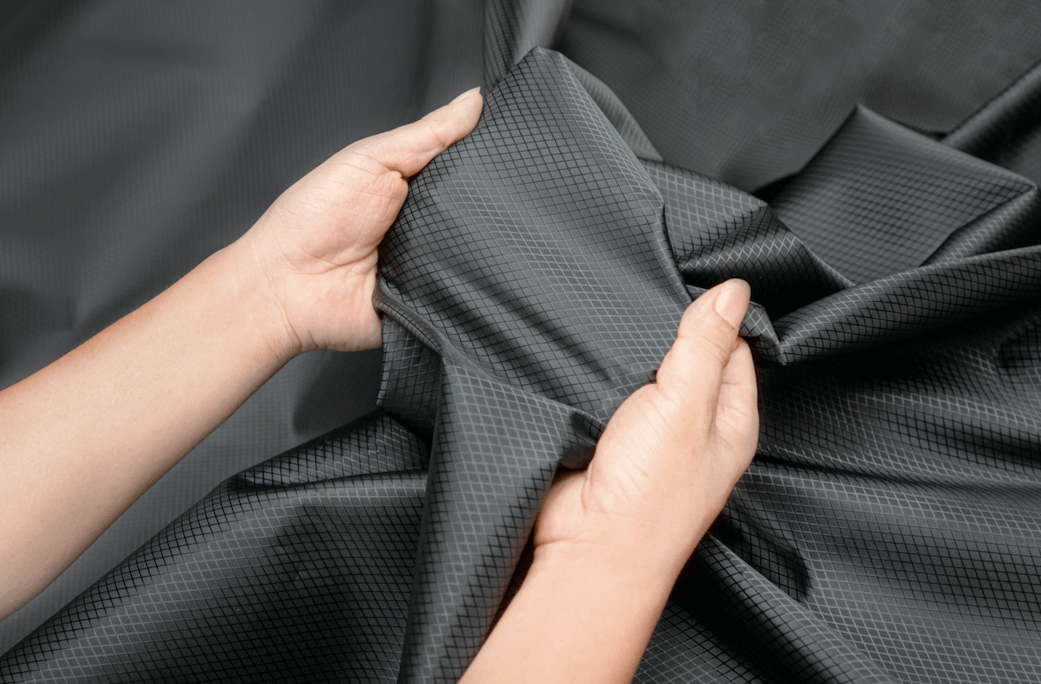
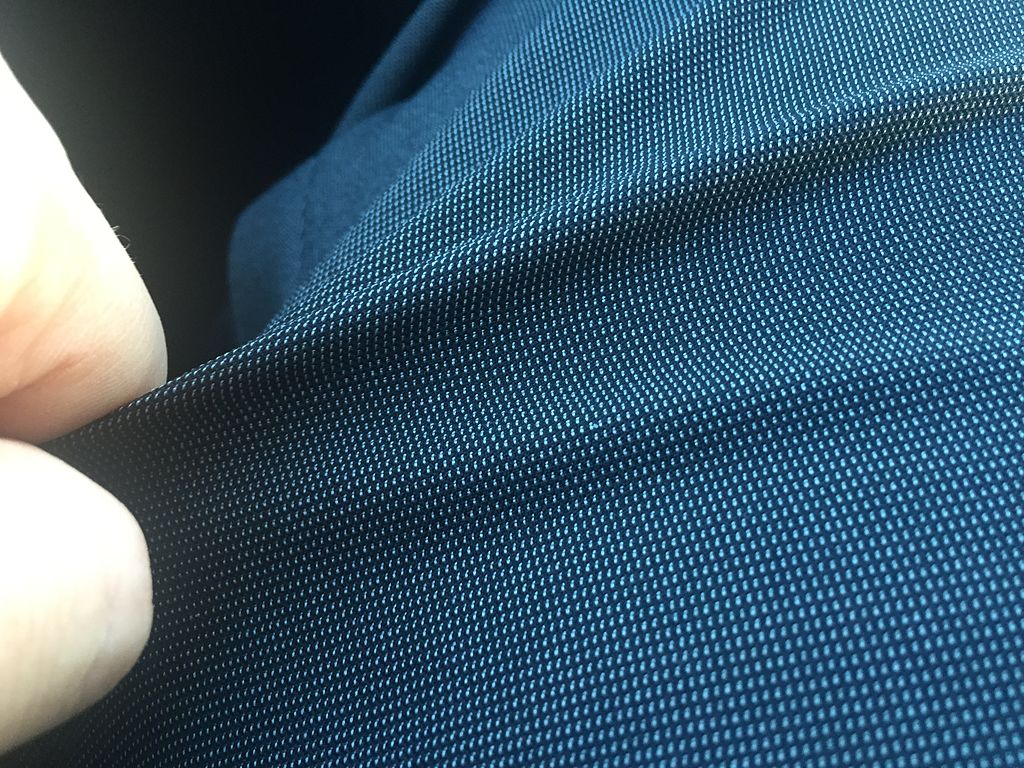
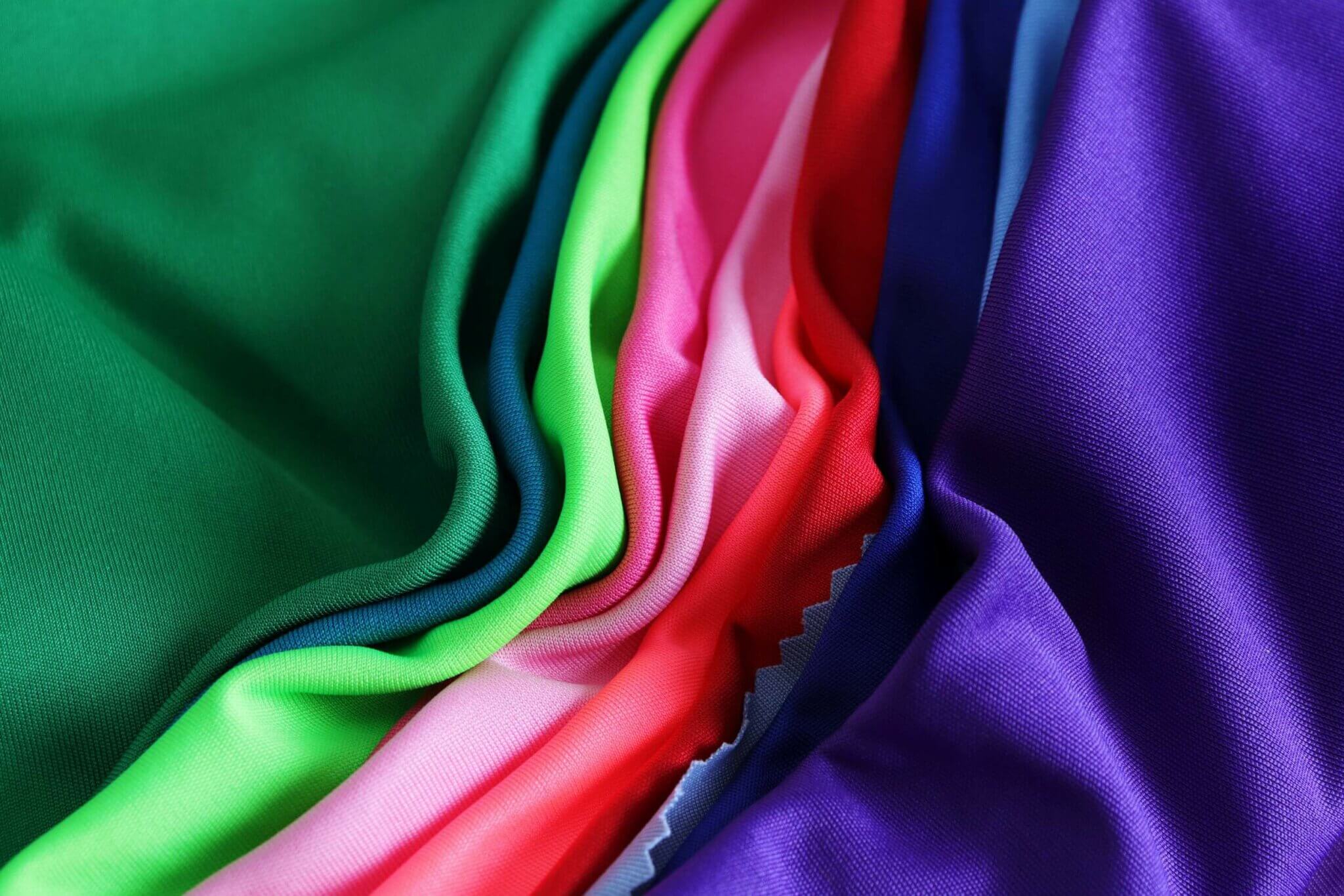

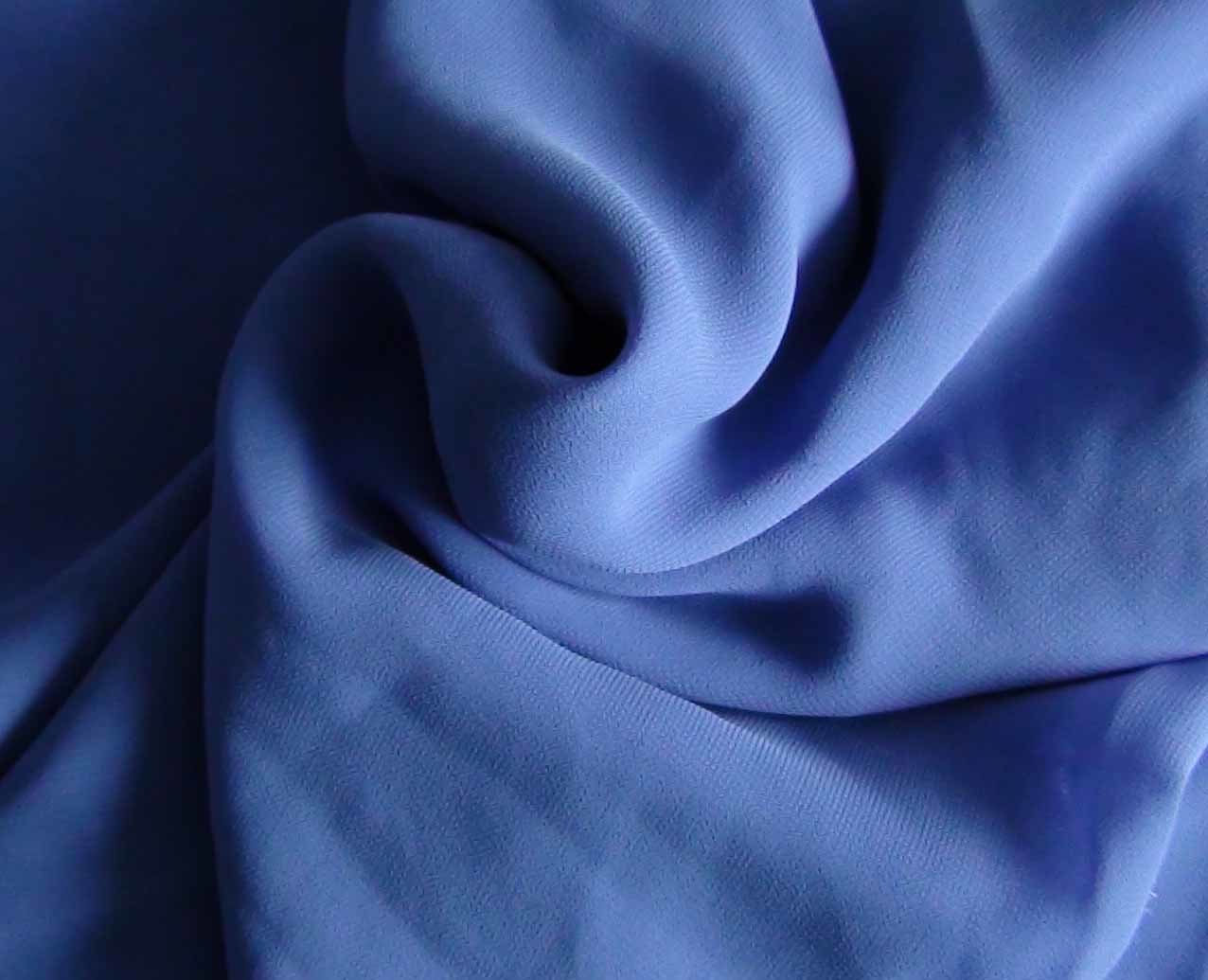

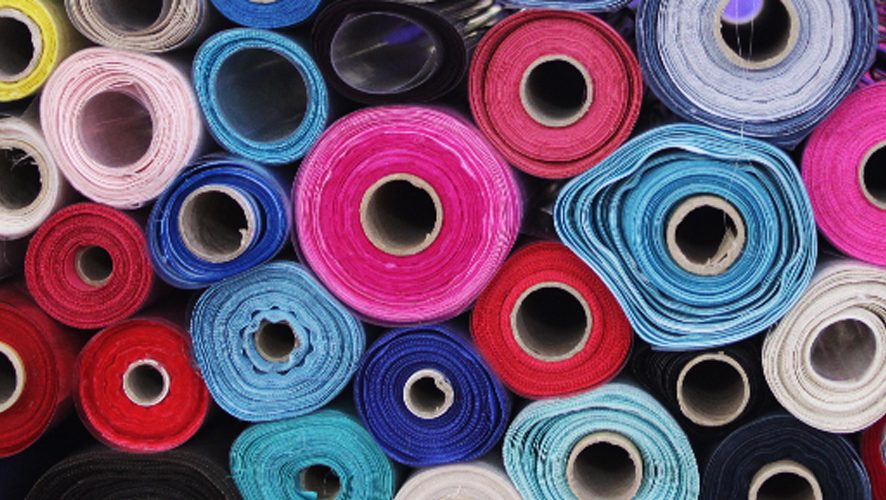
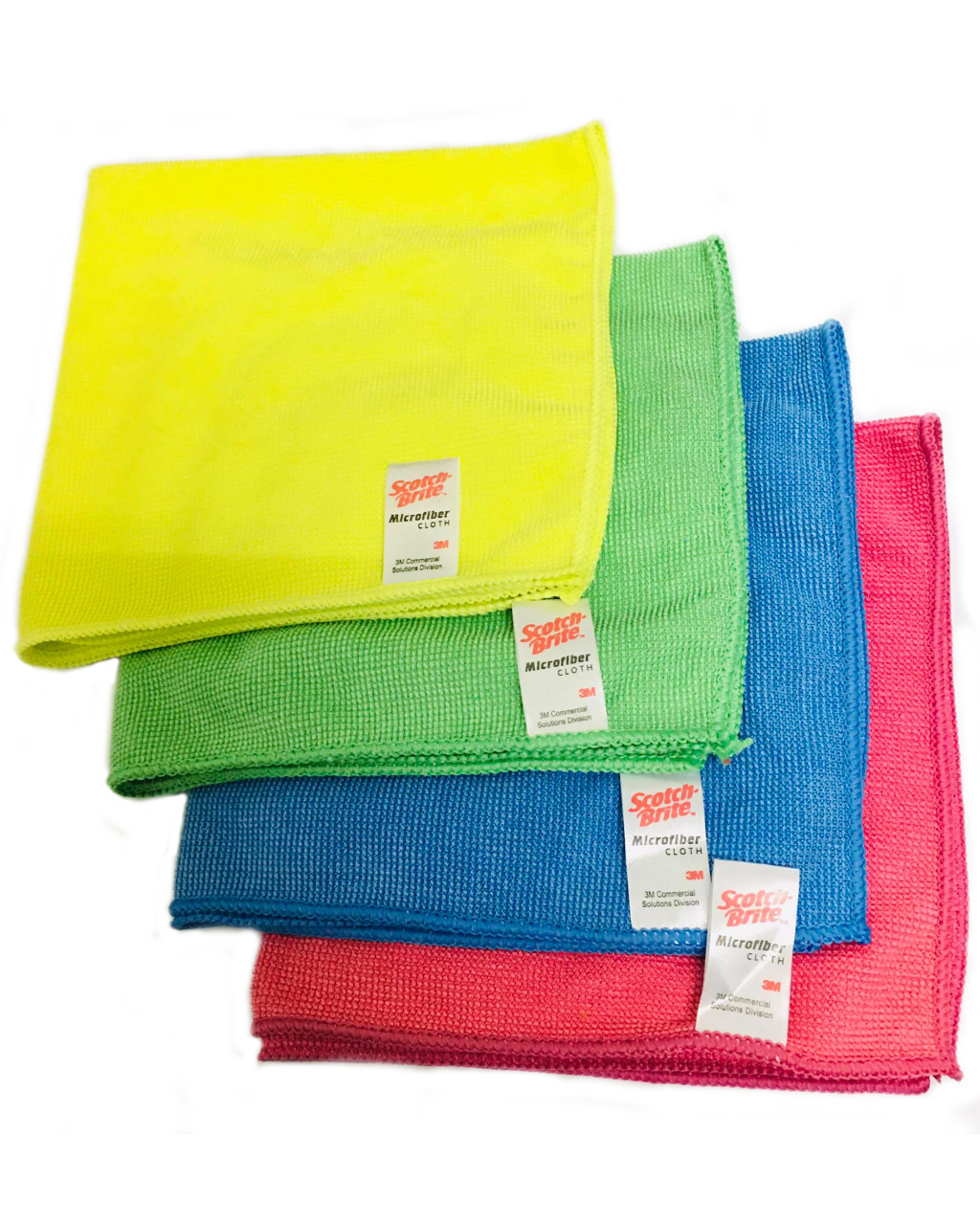
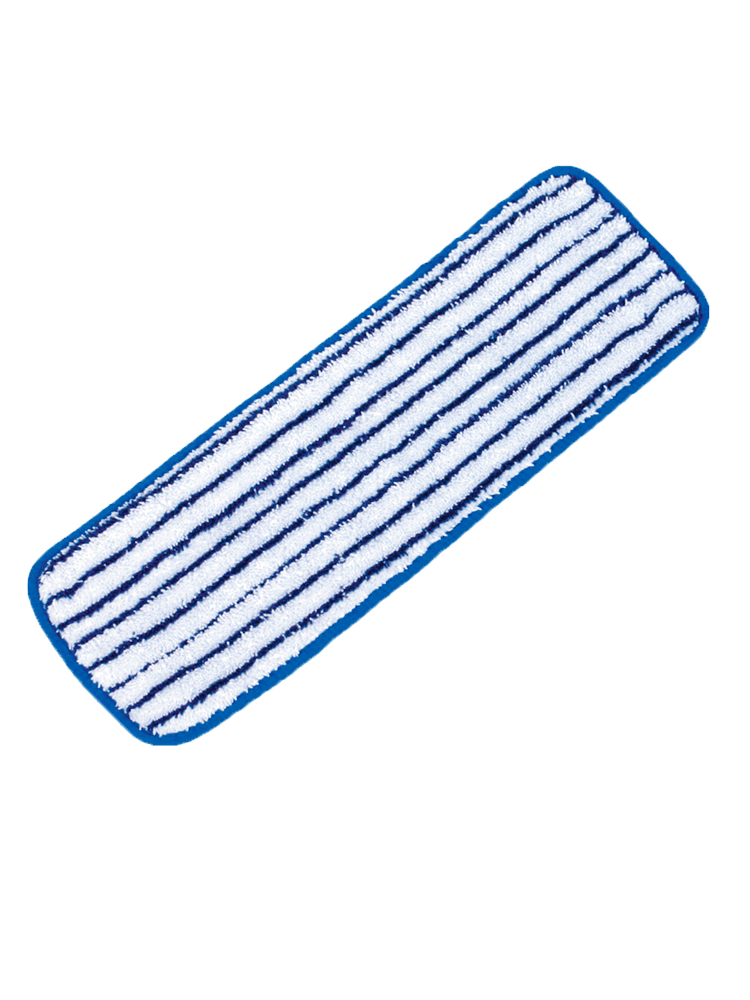
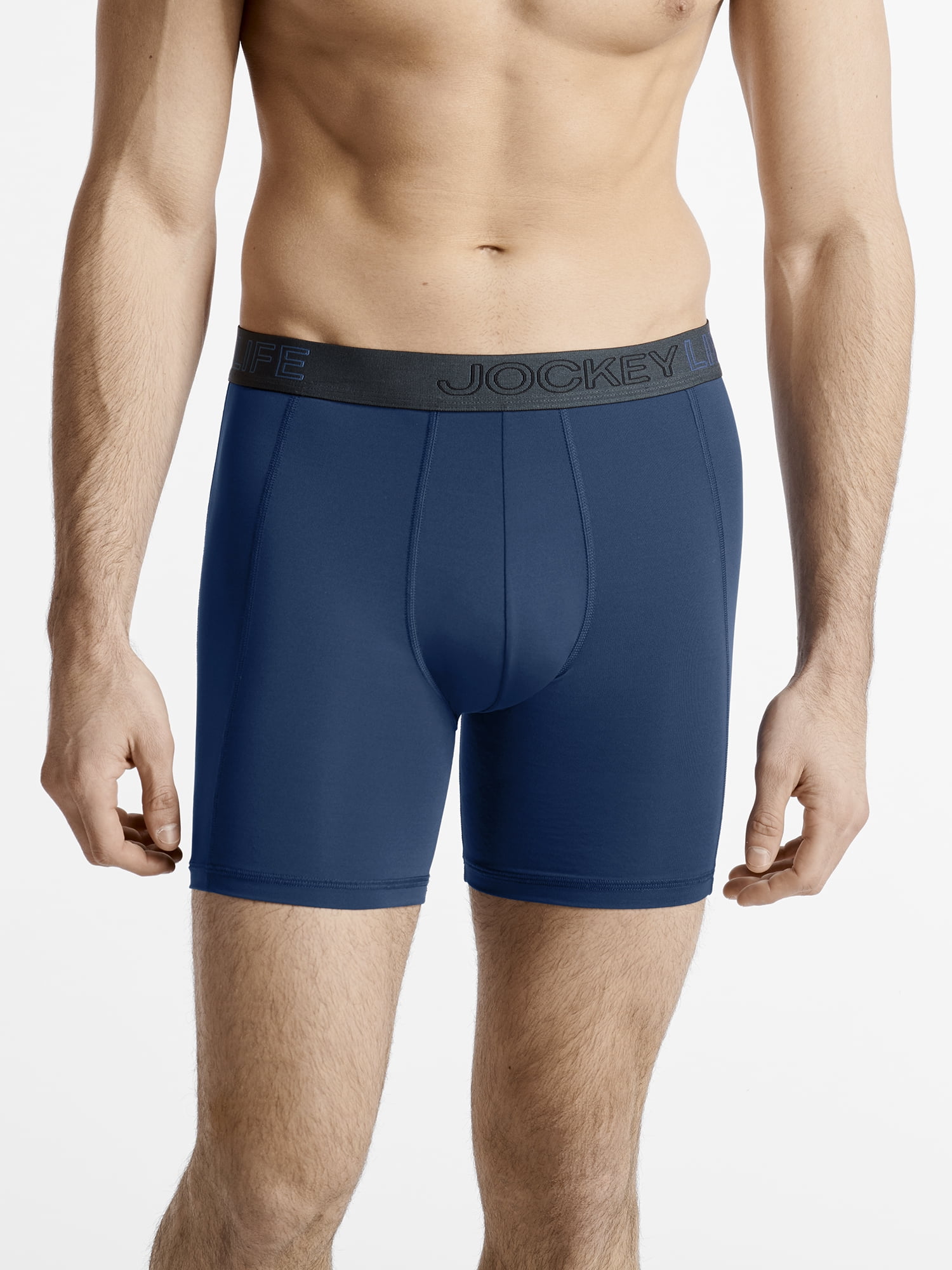


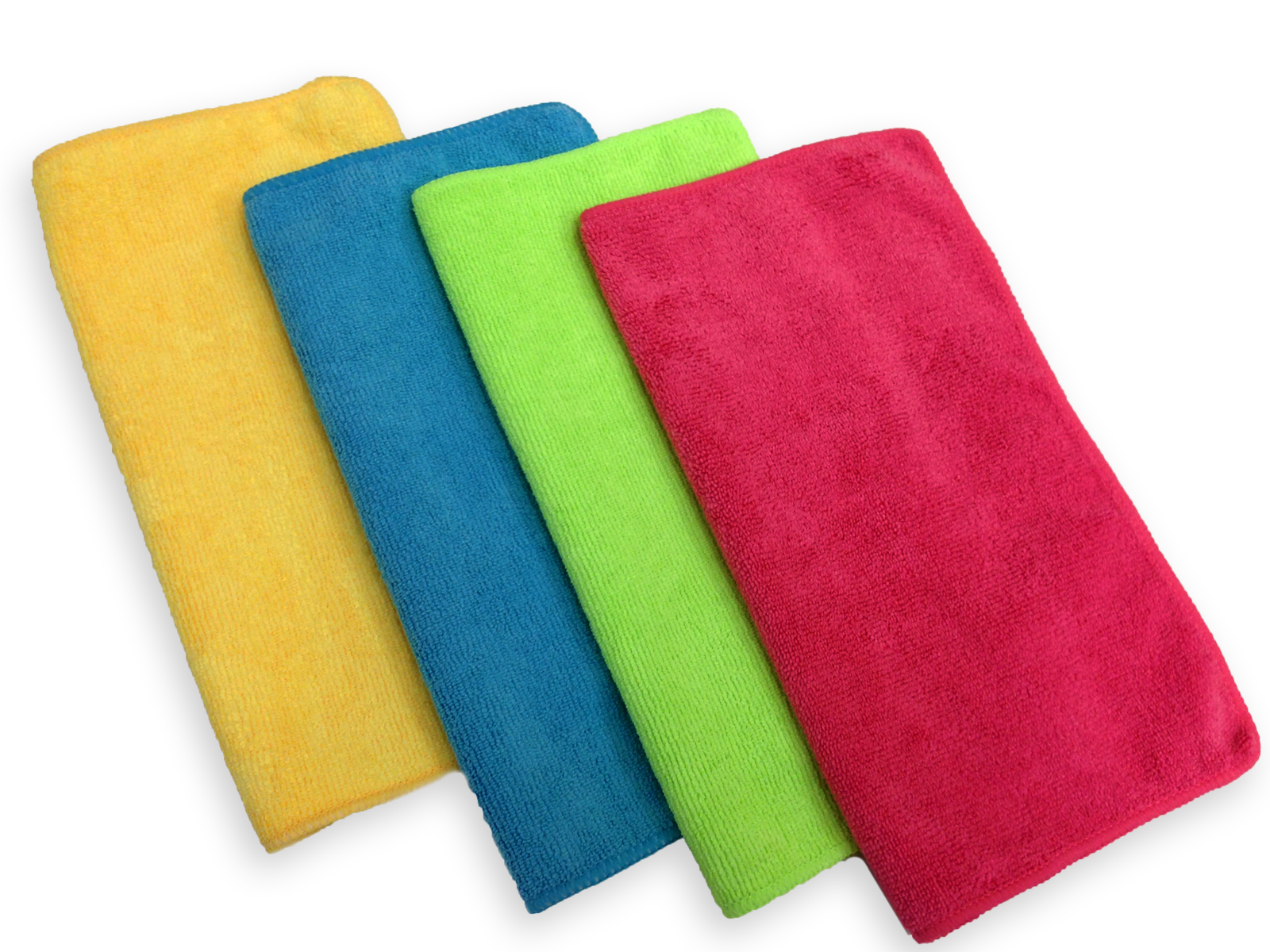
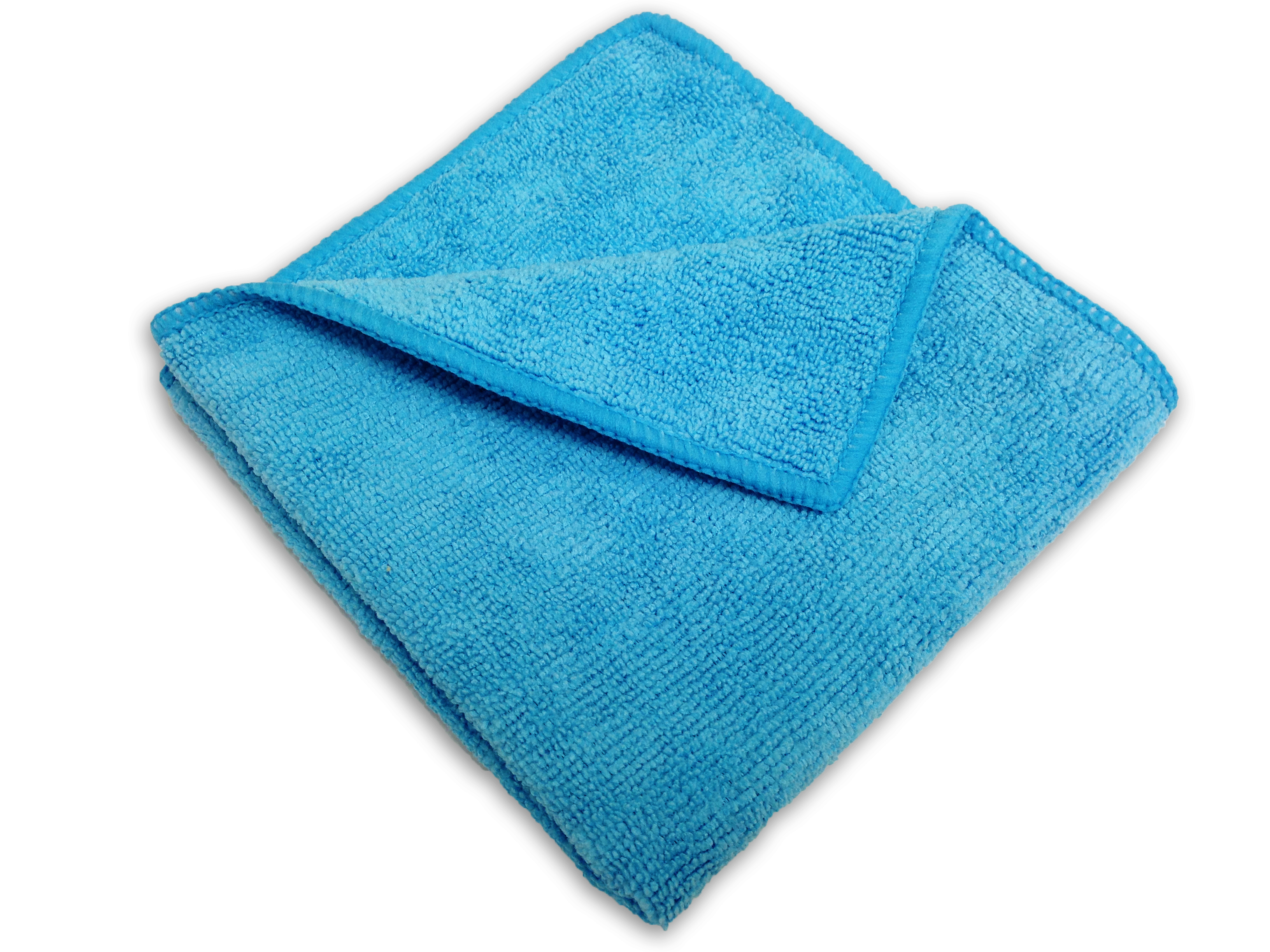
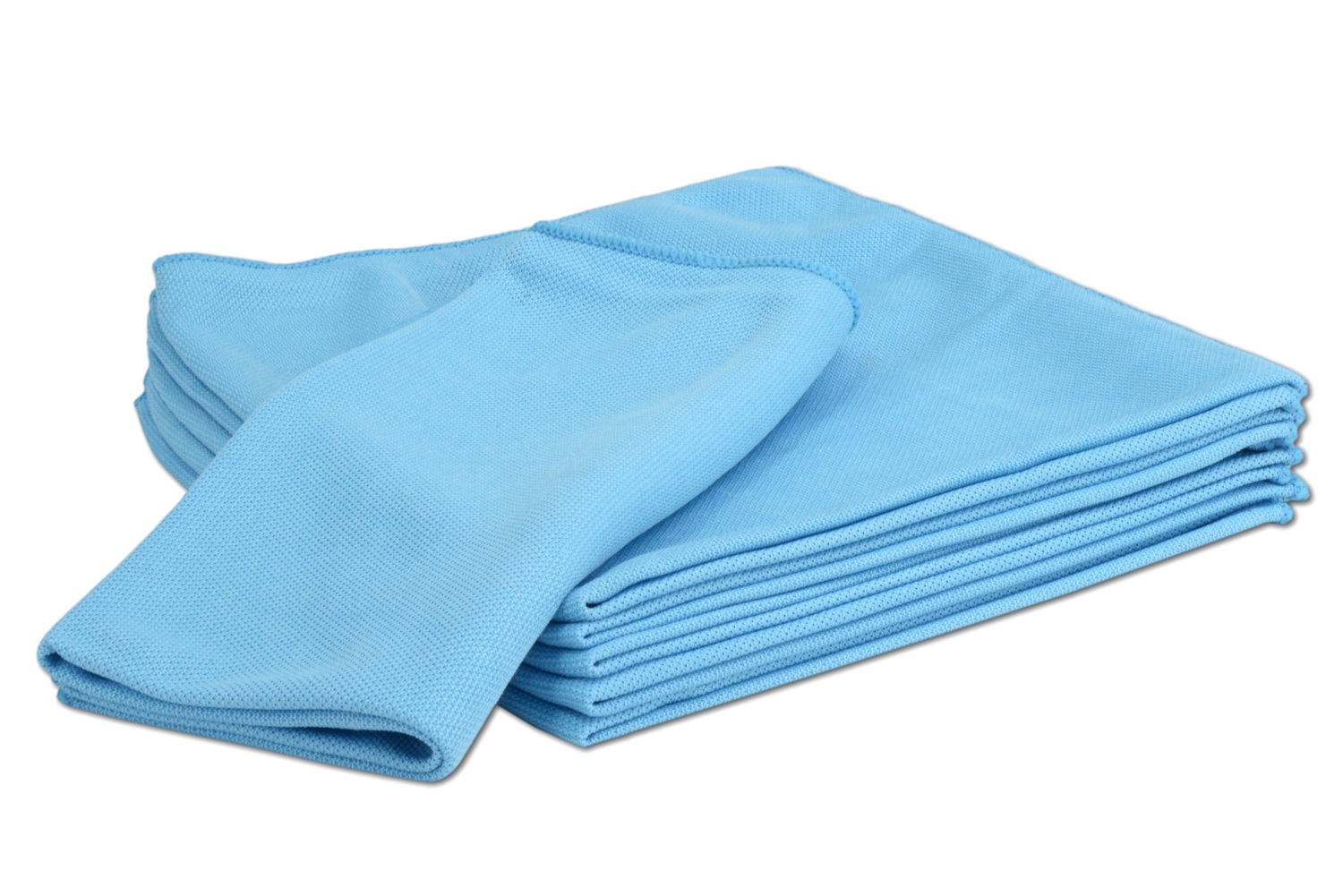
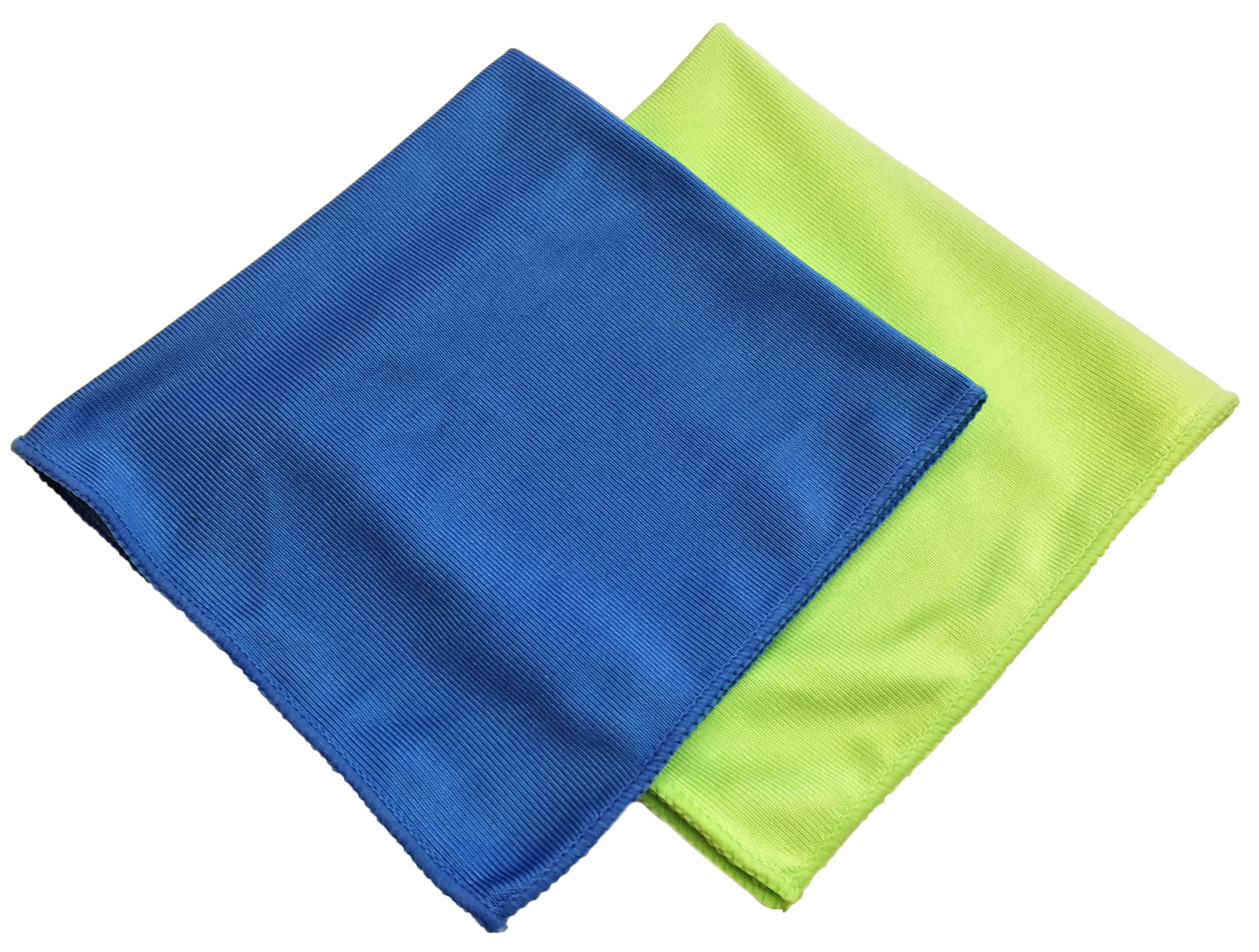
:max_bytes(150000):strip_icc()/microfiber-twenty20_a8651f11-ff22-4a0e-b84a-b5e0801b6ef3-5943dbb65f9b58d58acb34ce.jpg)

